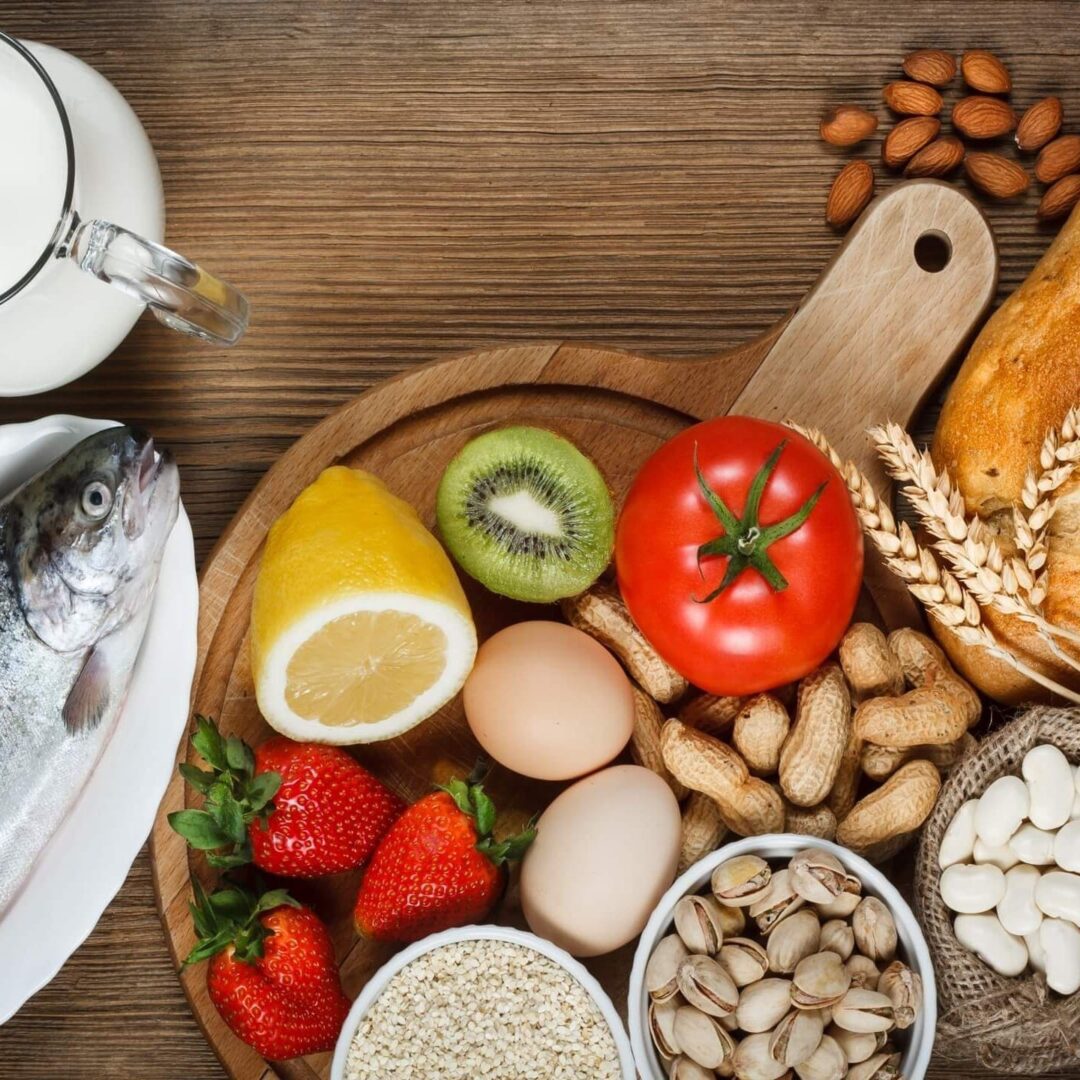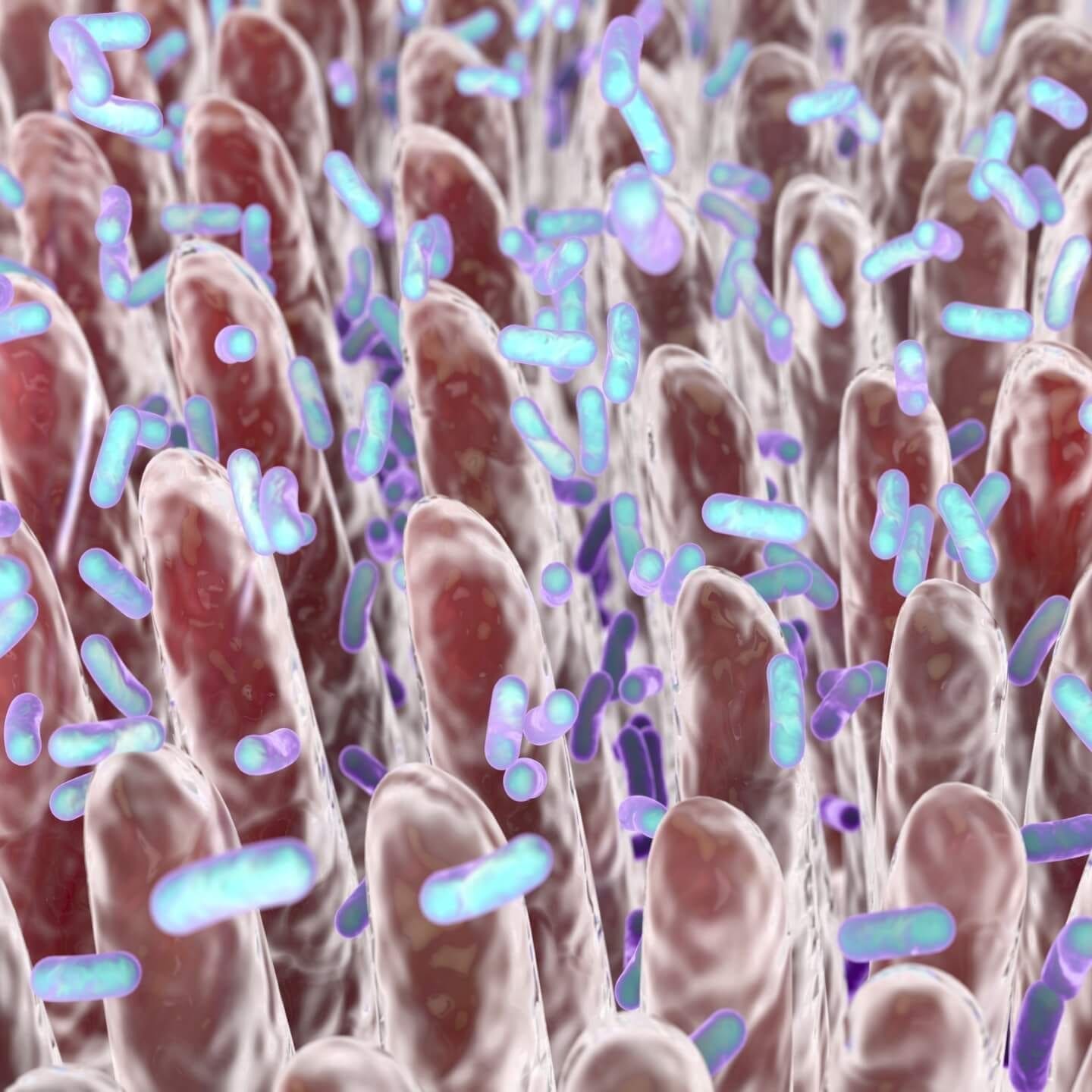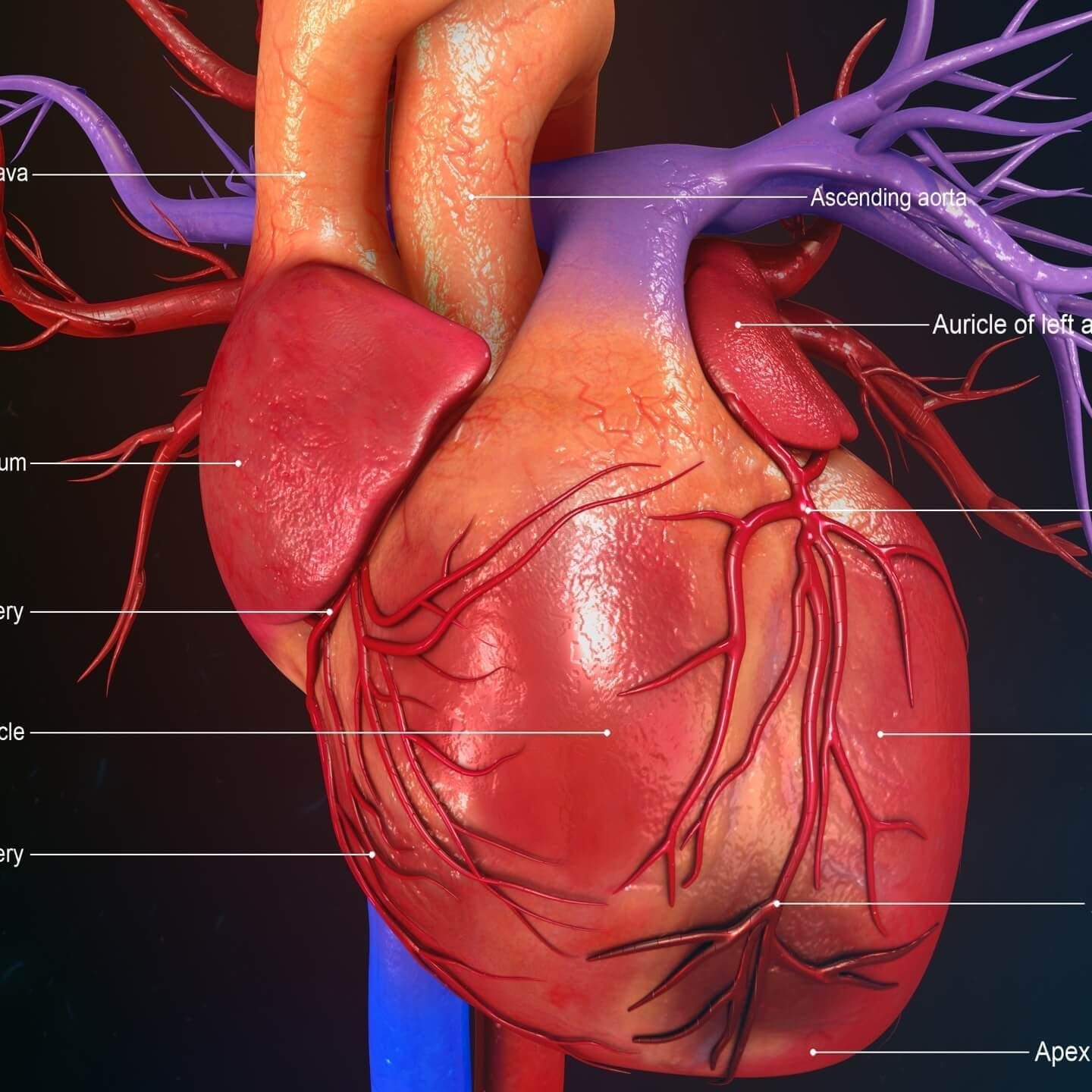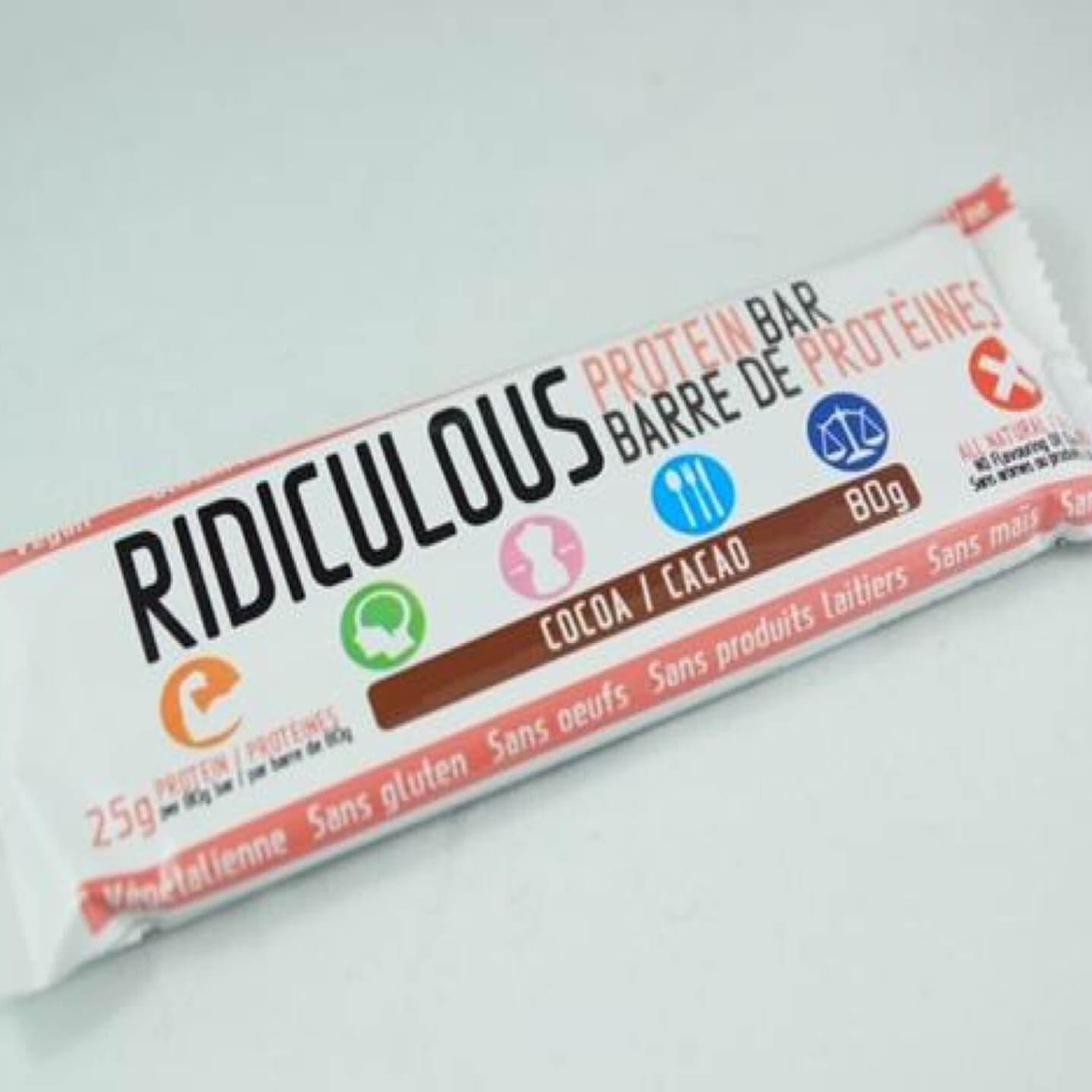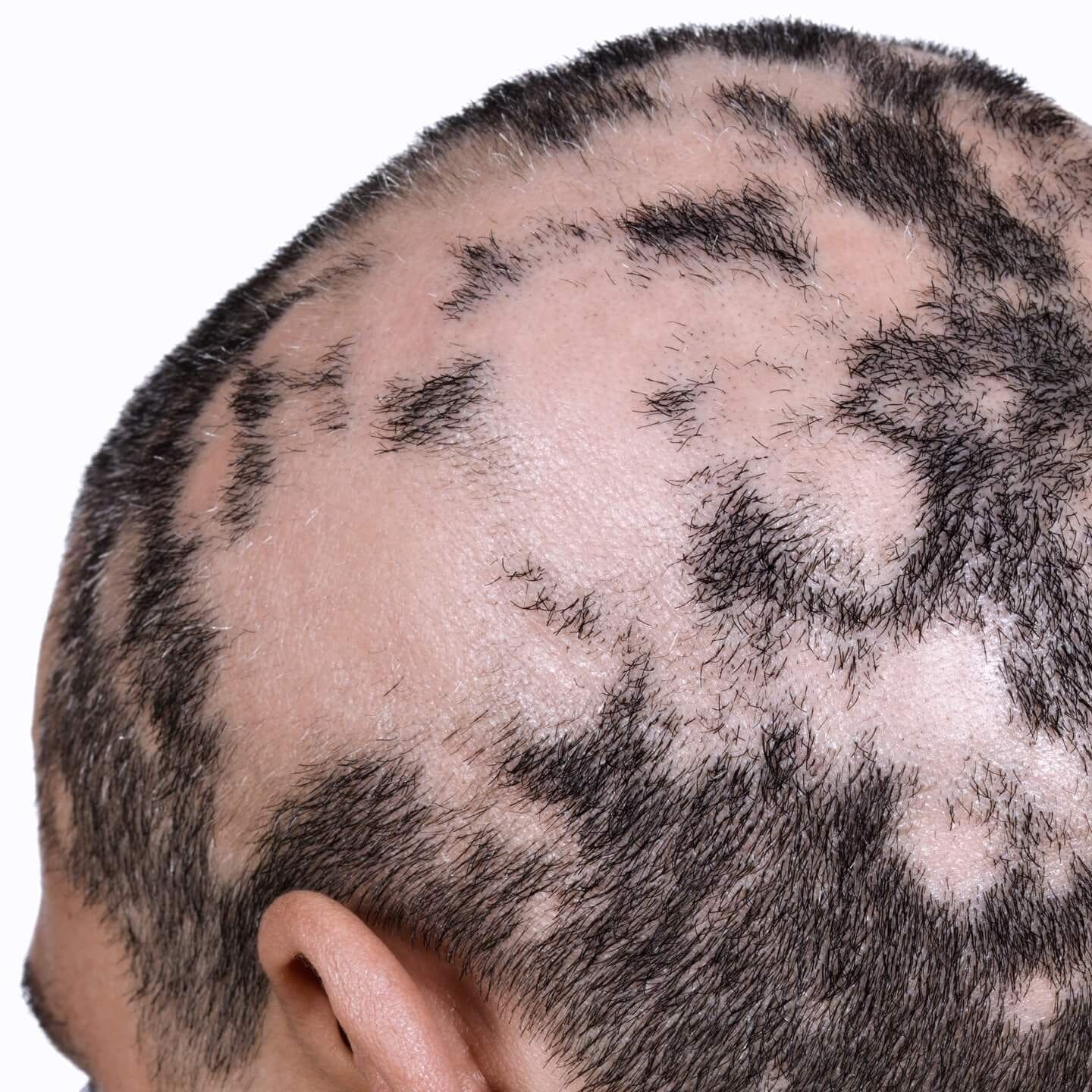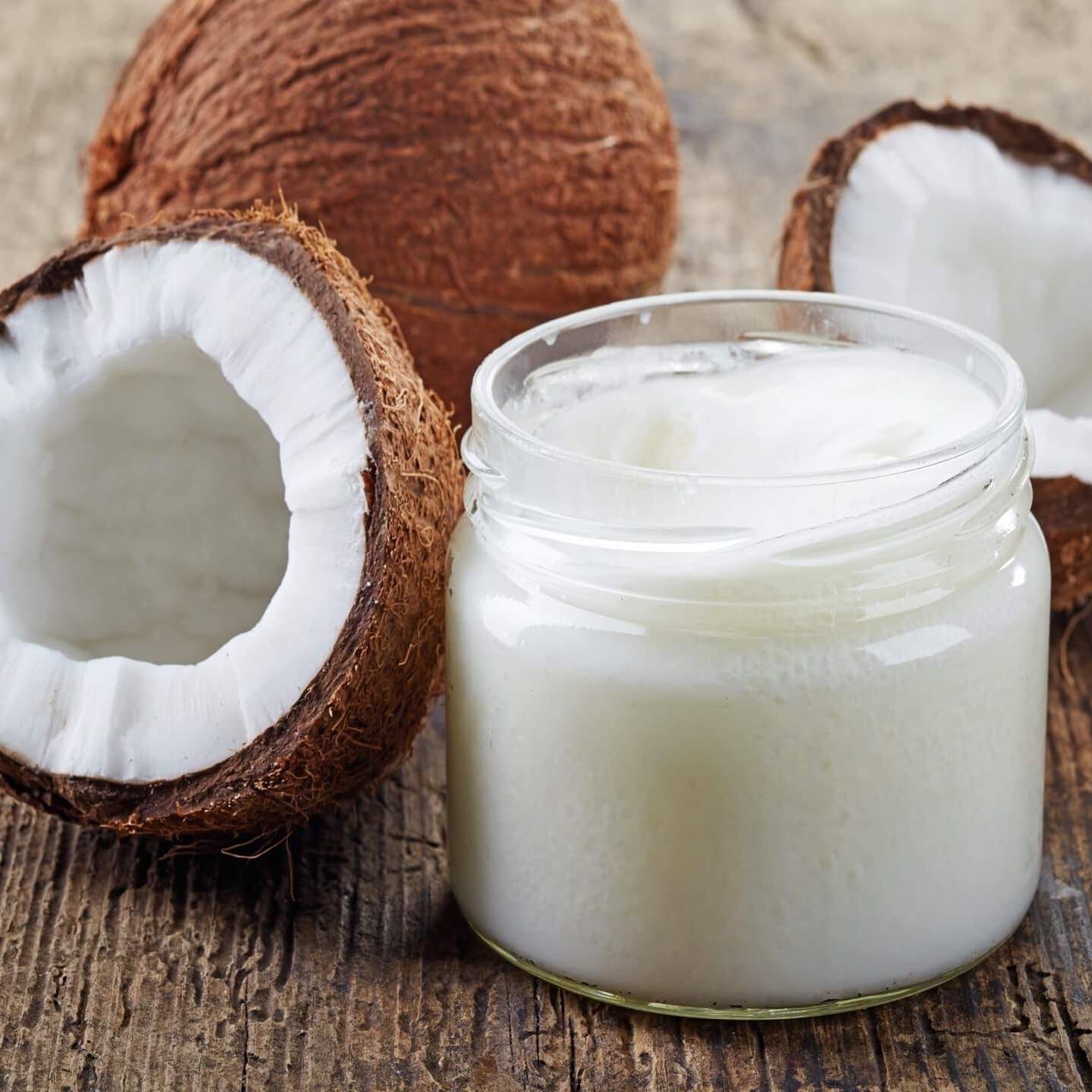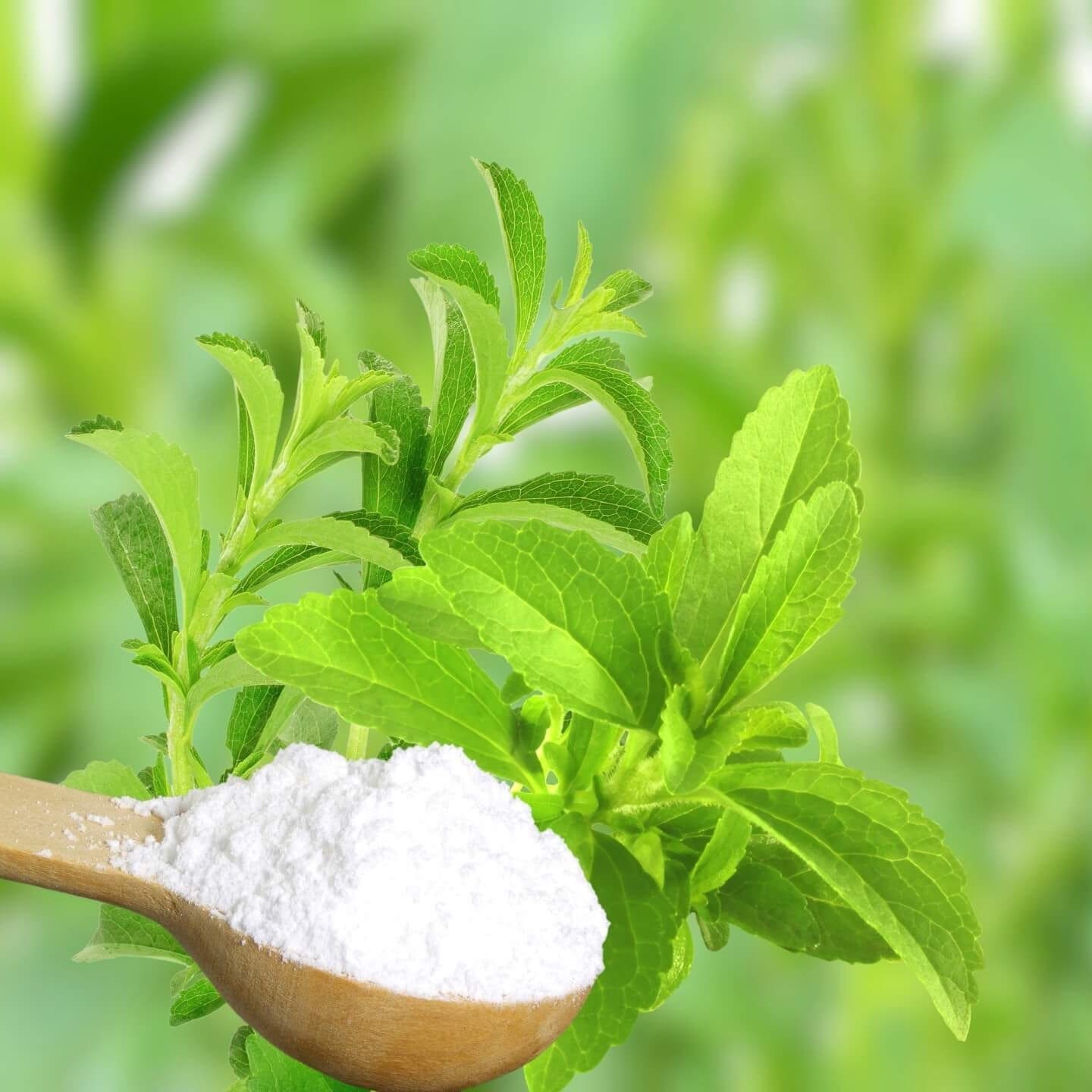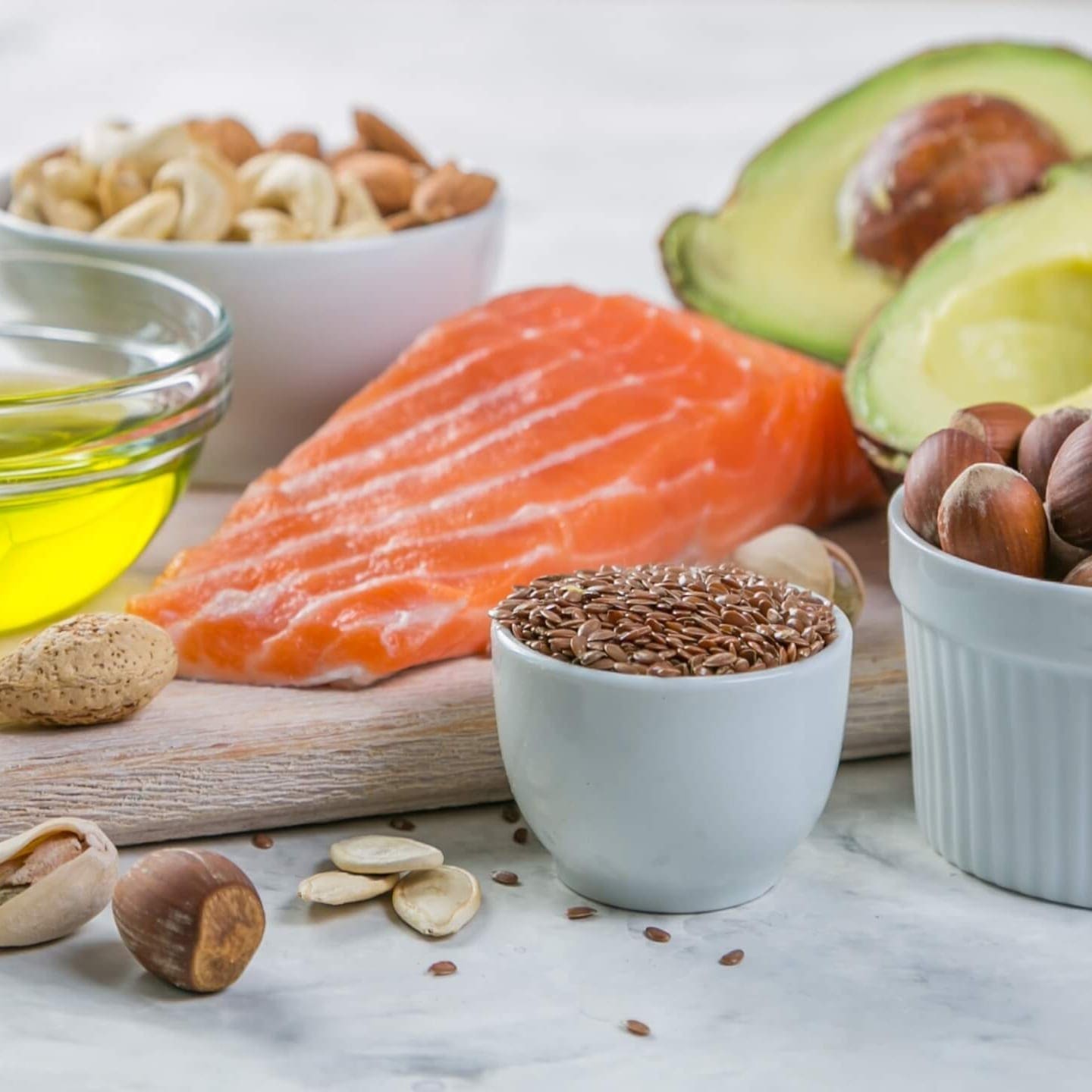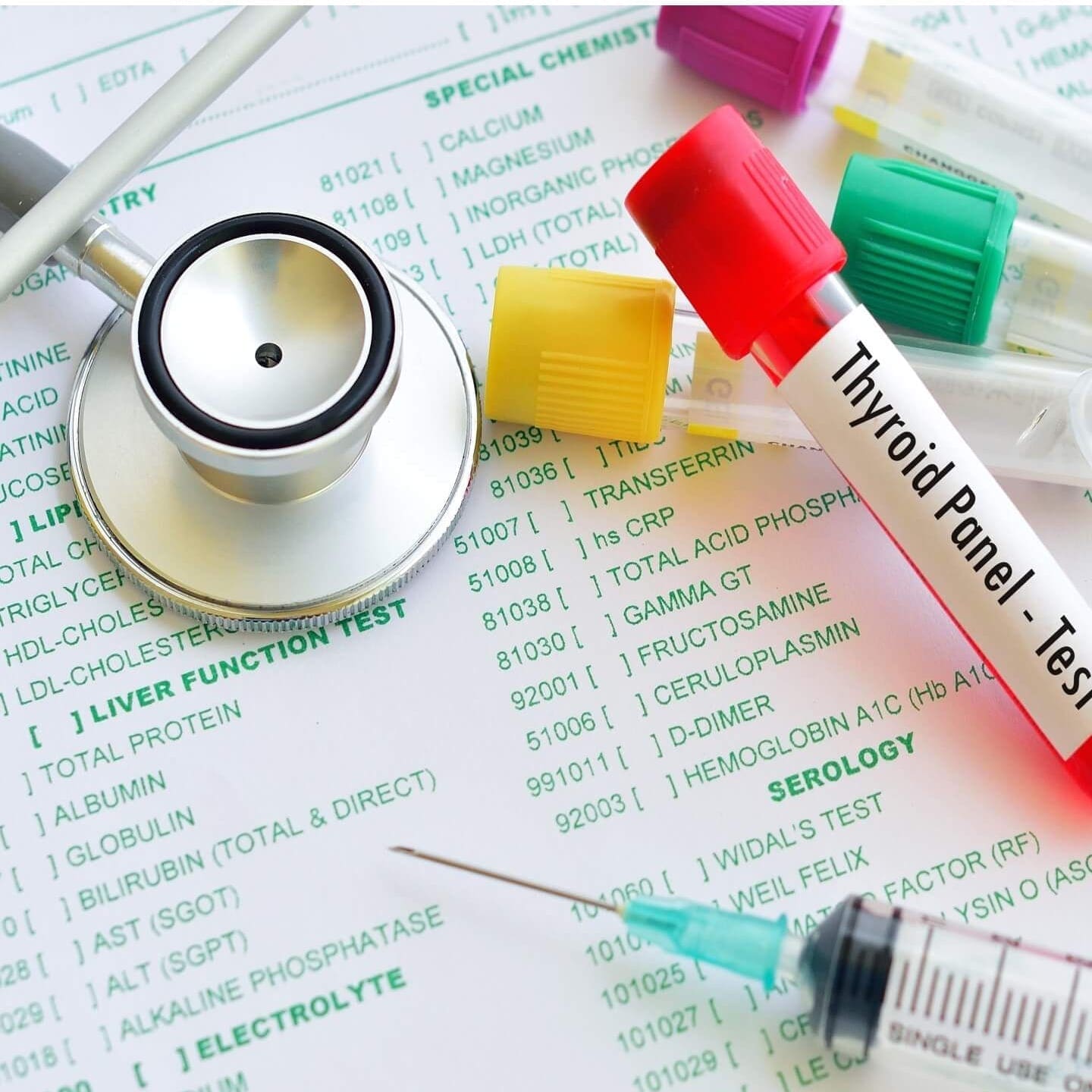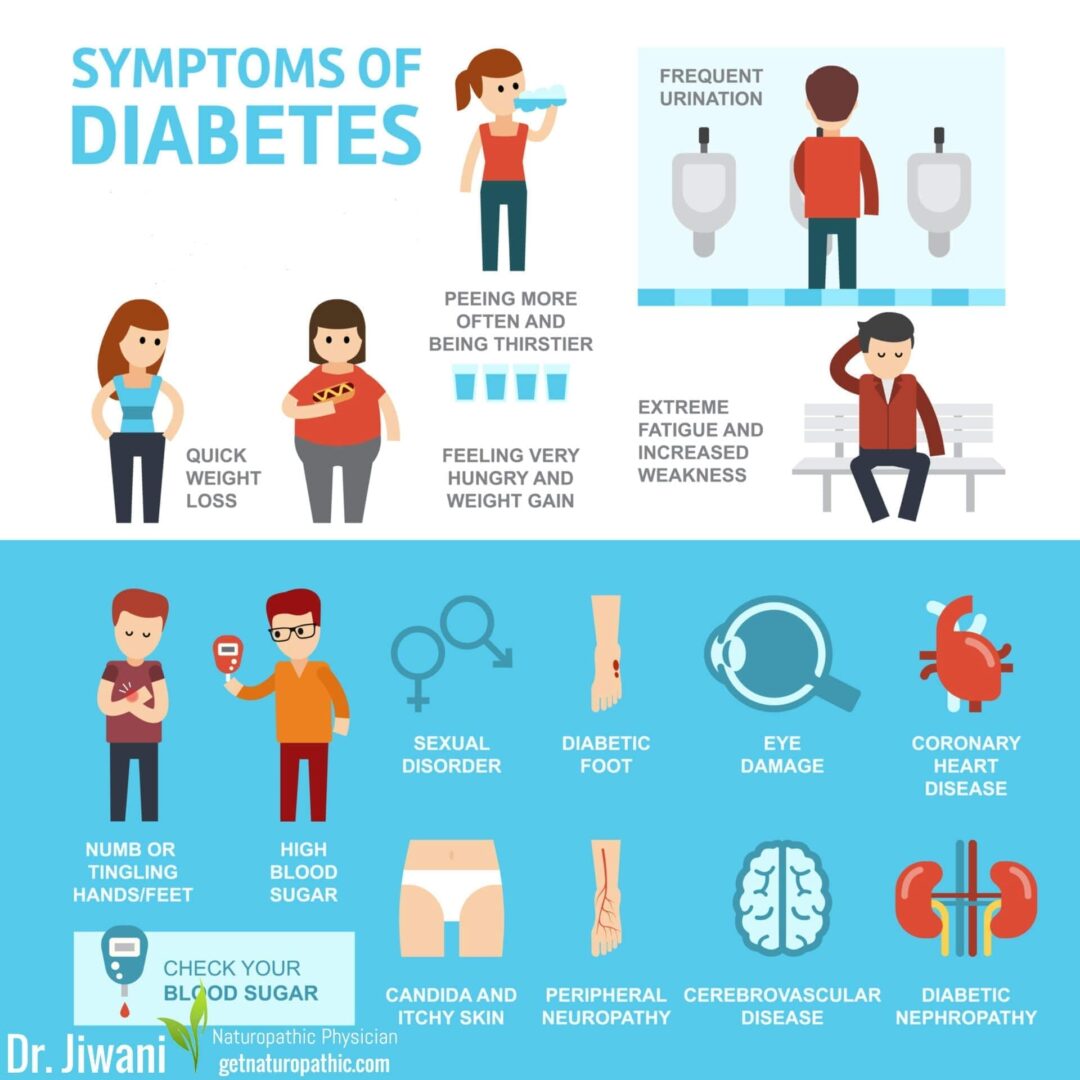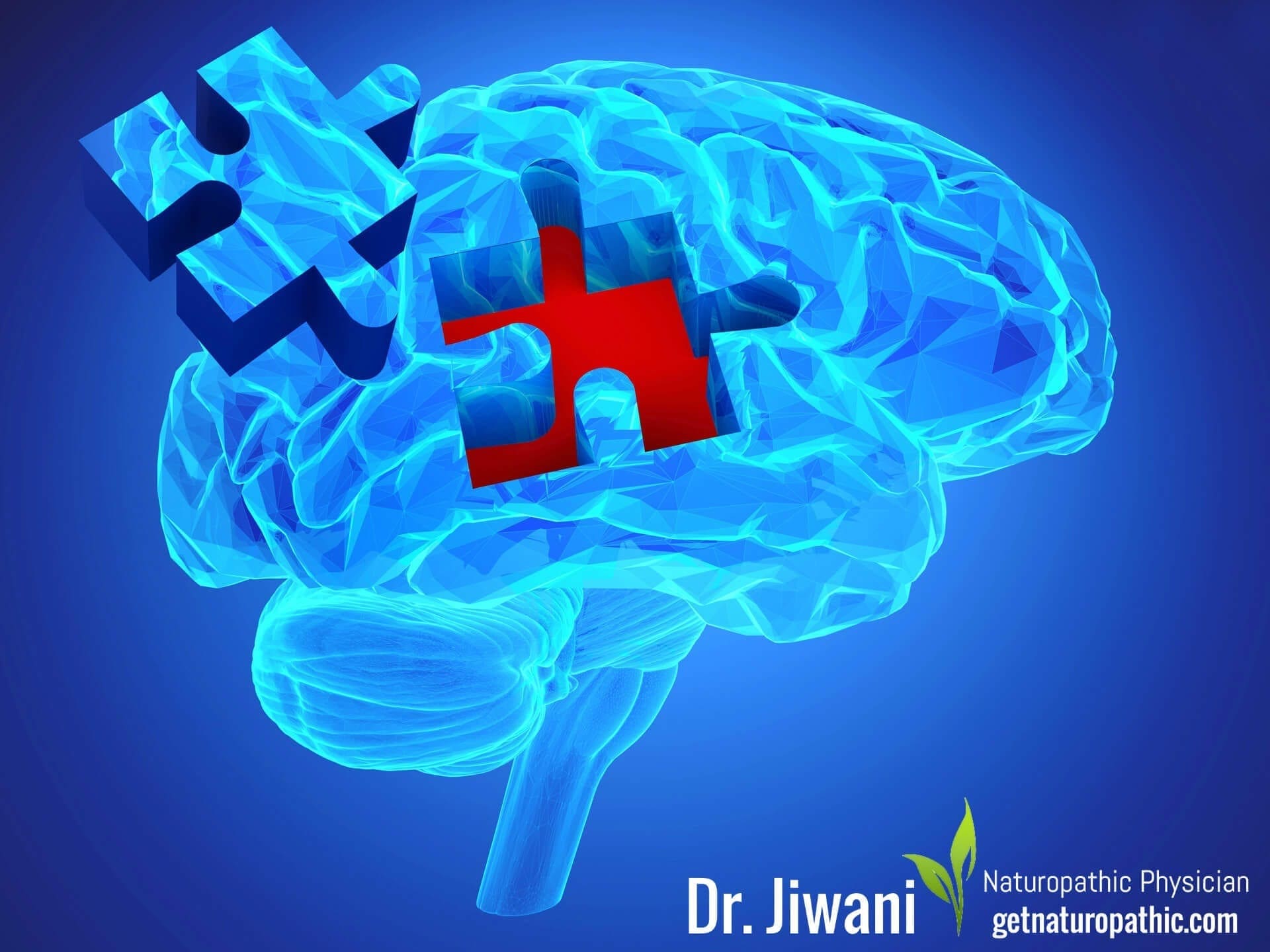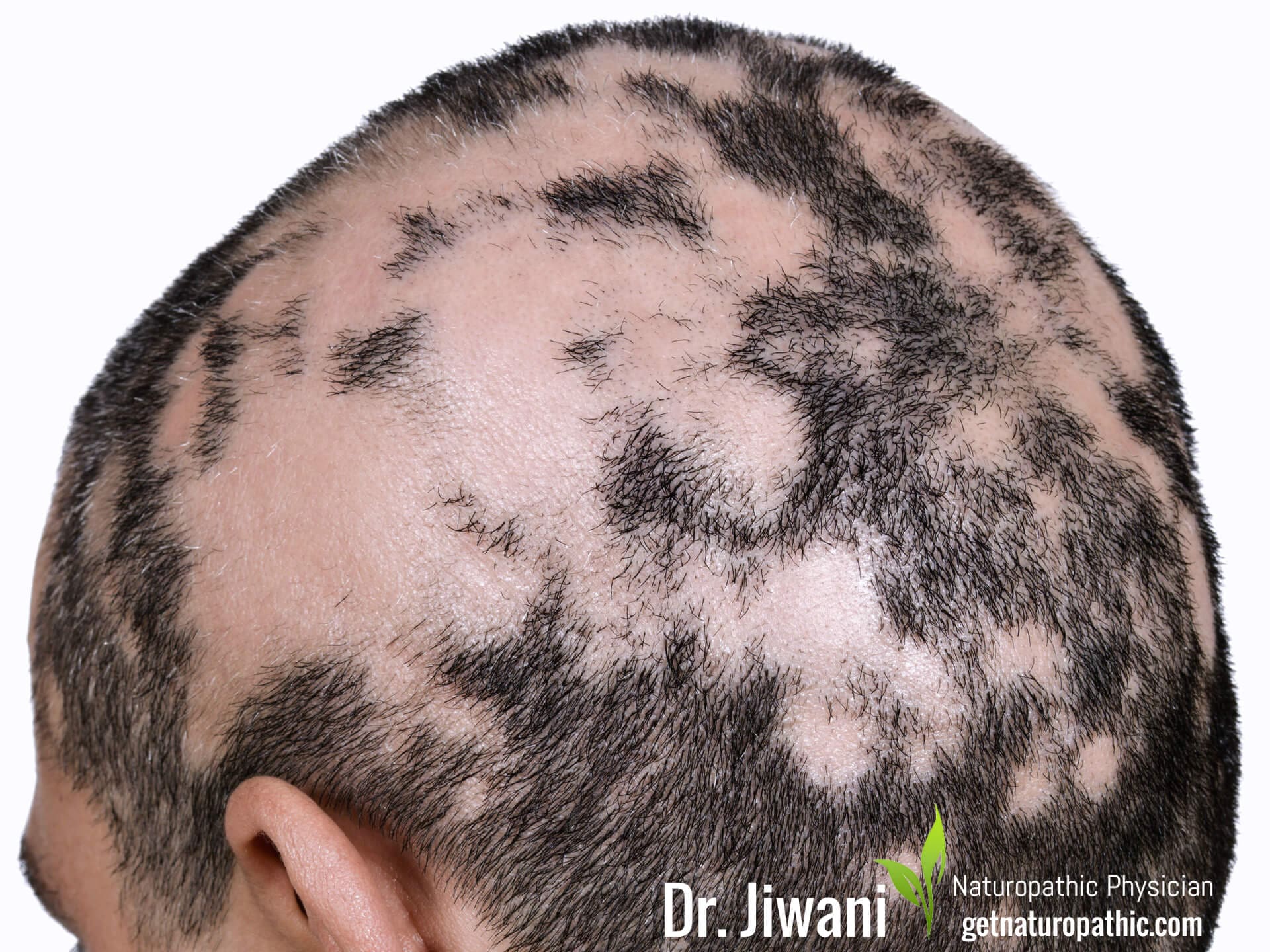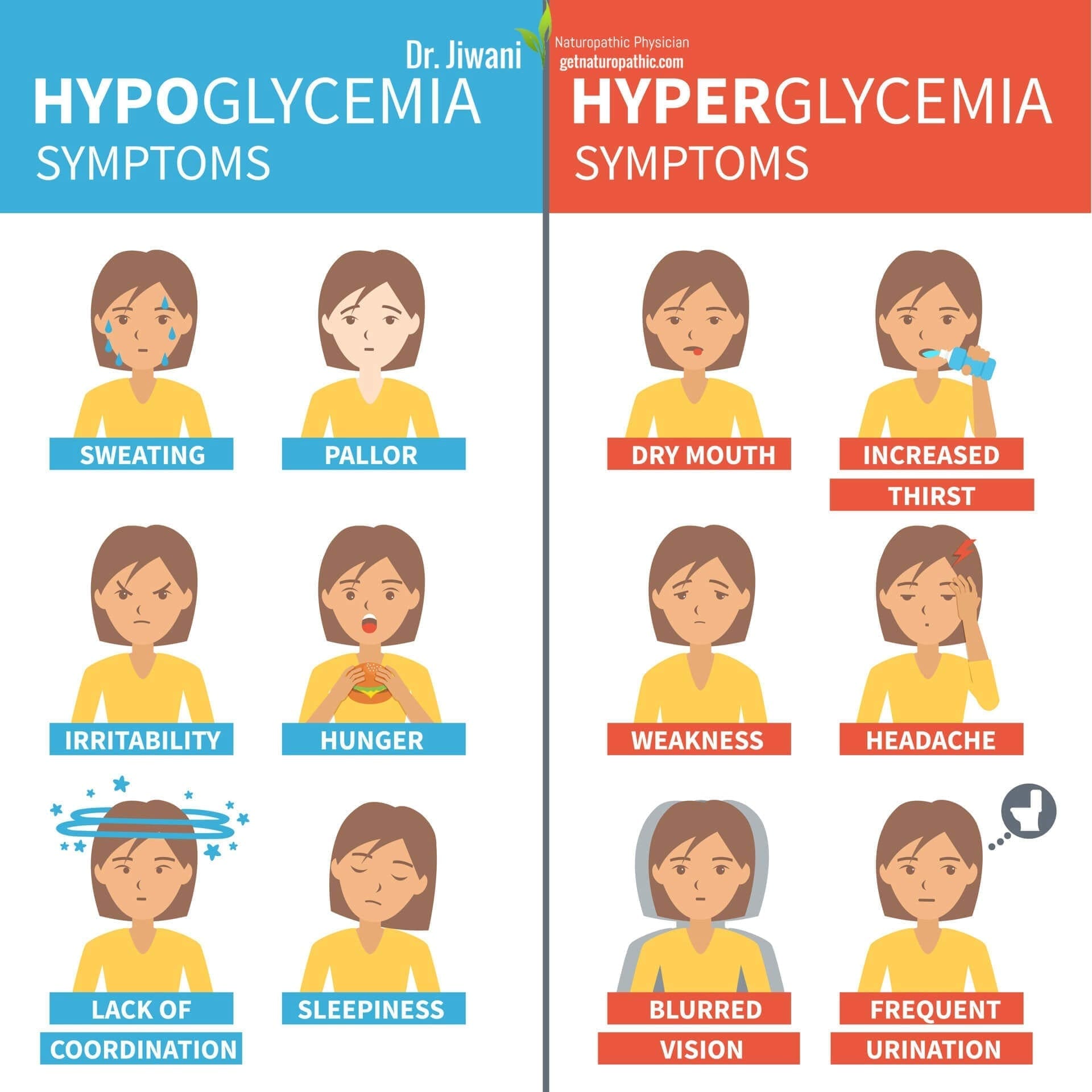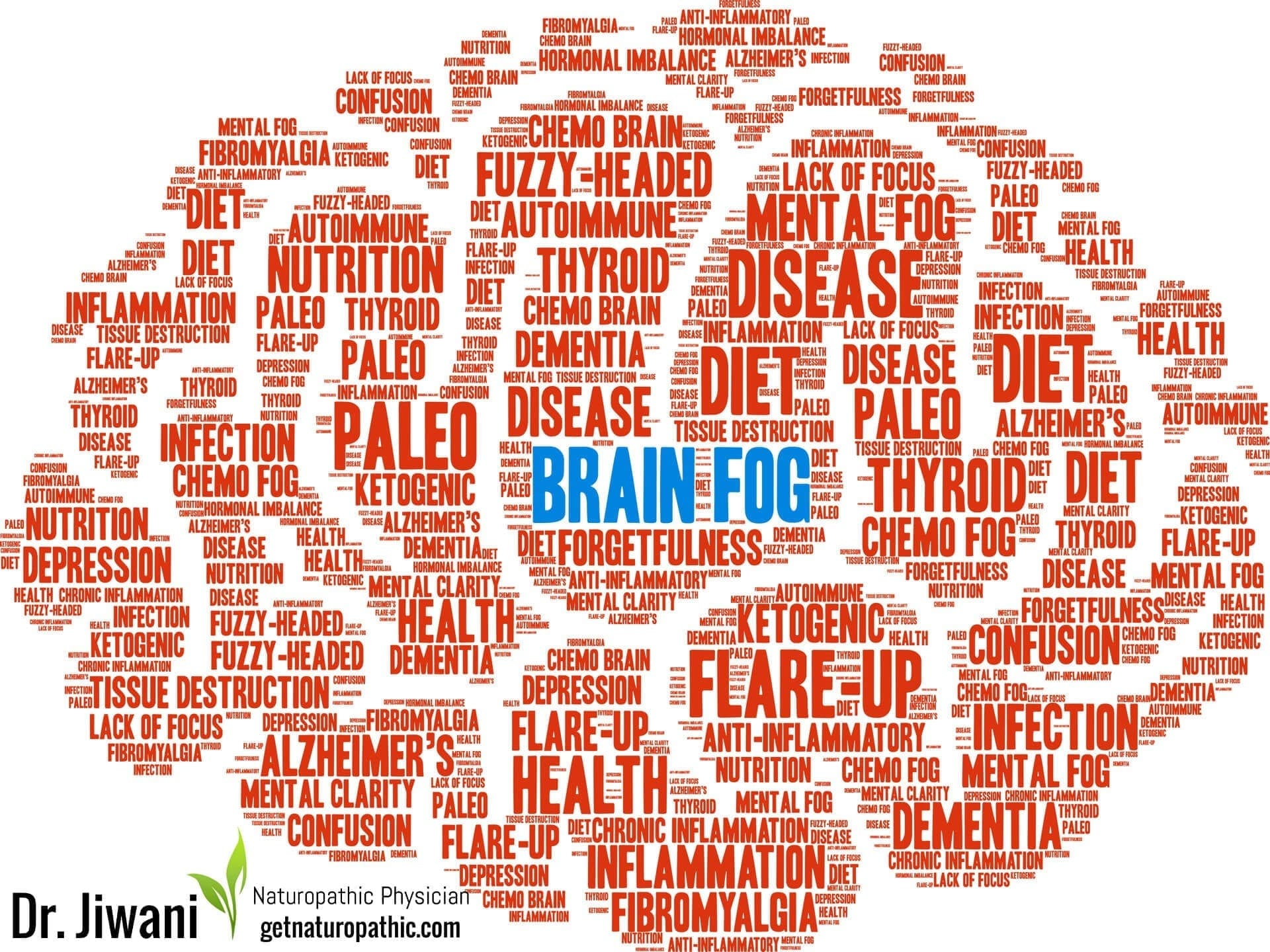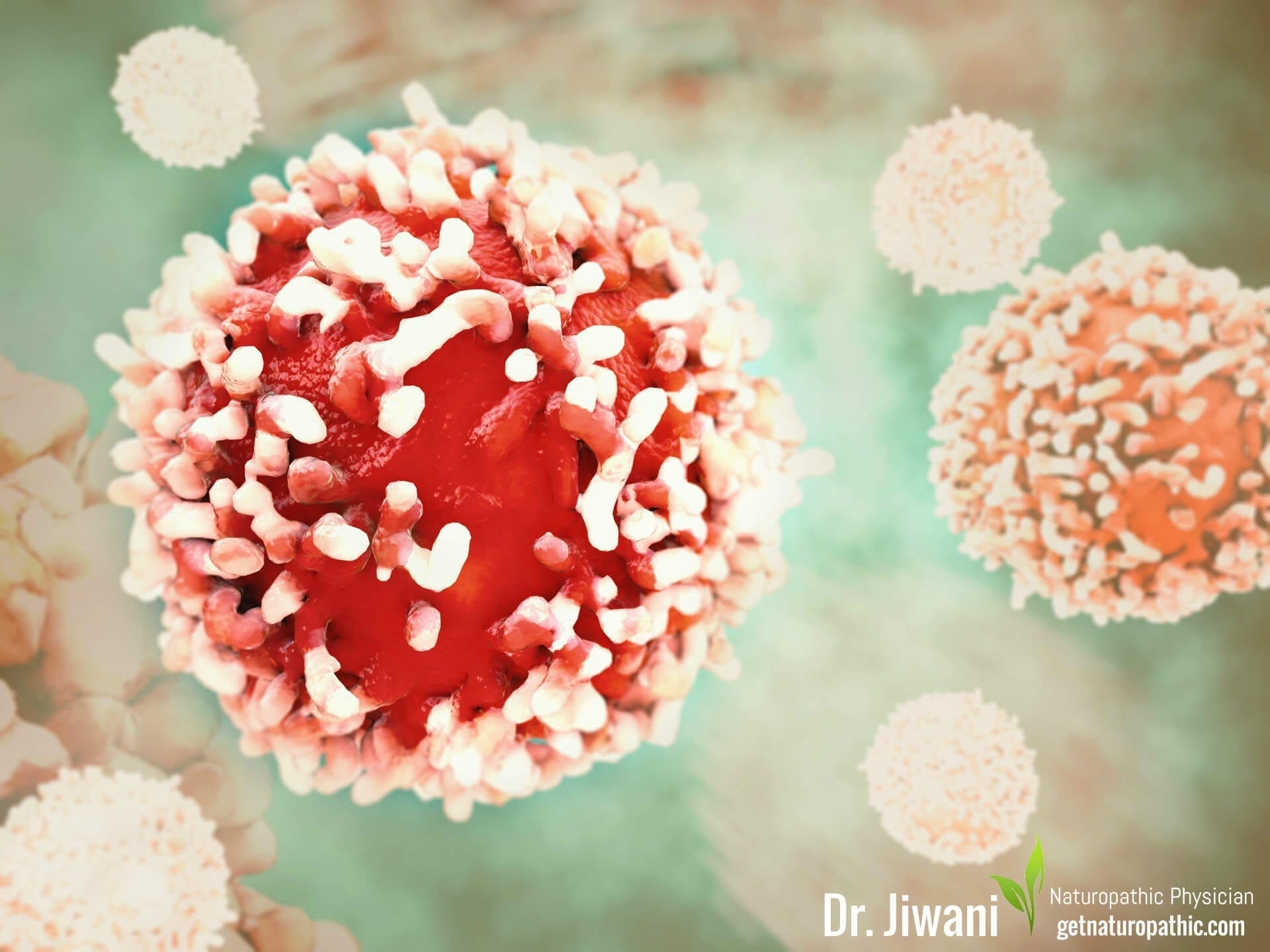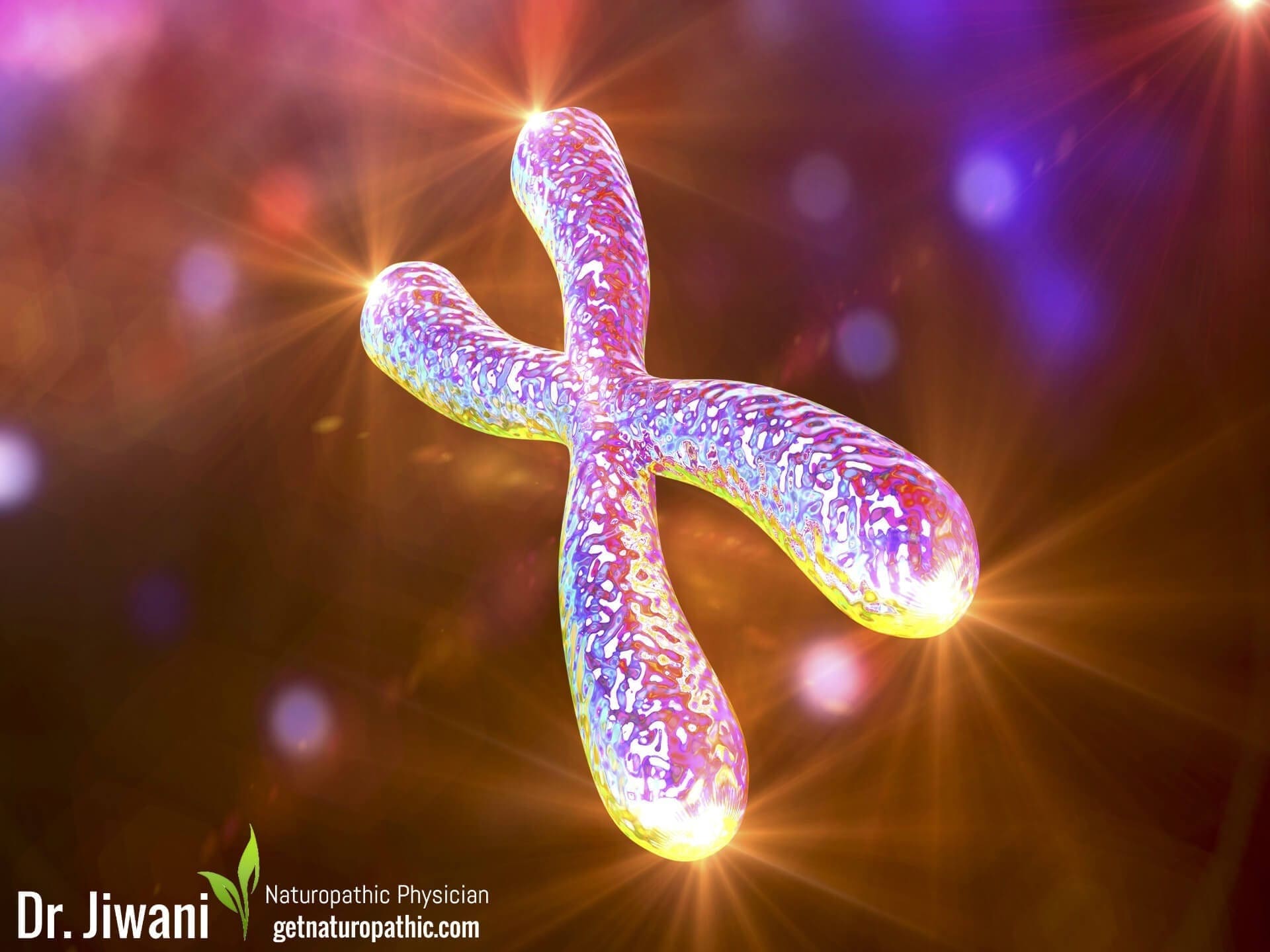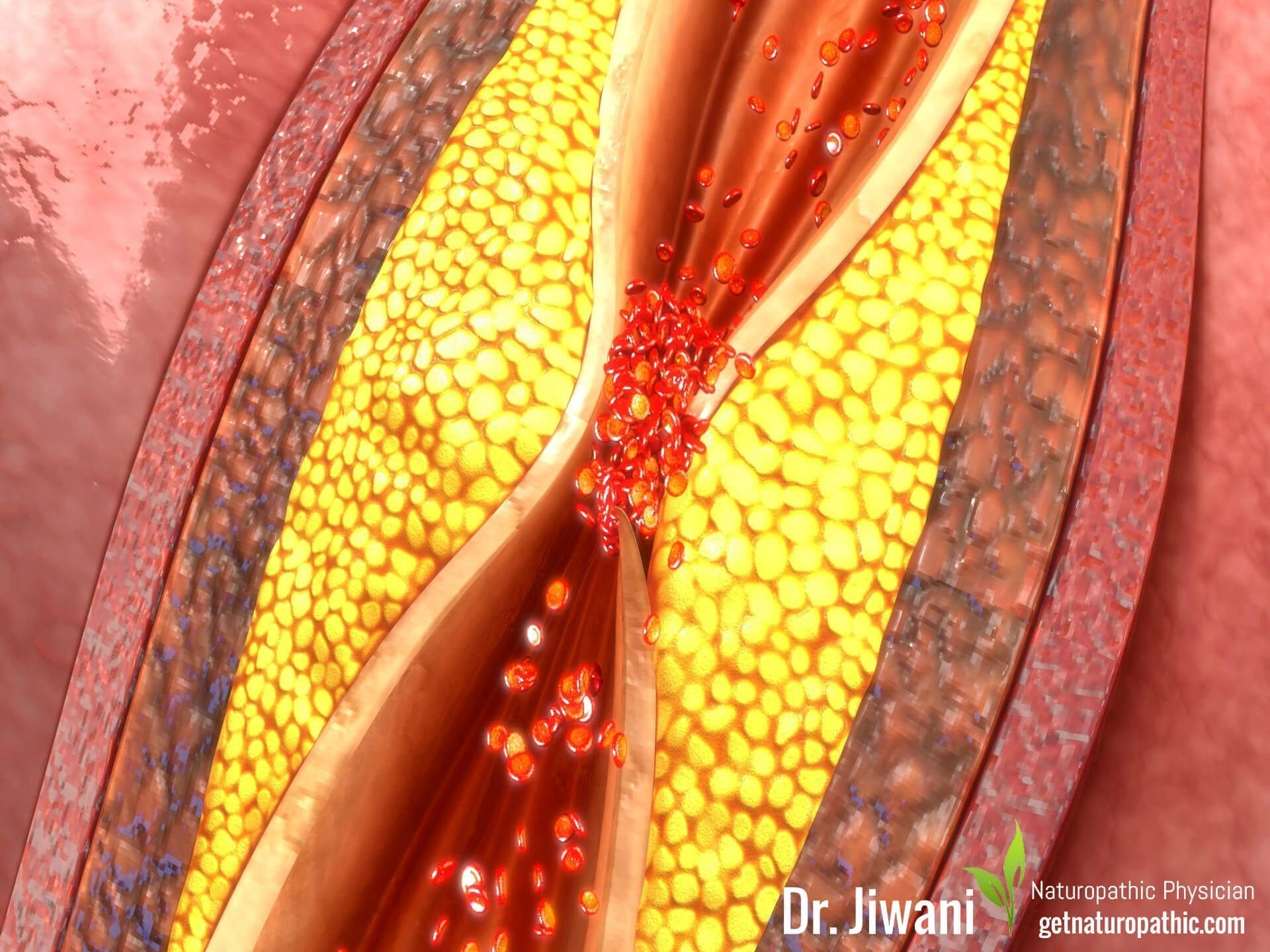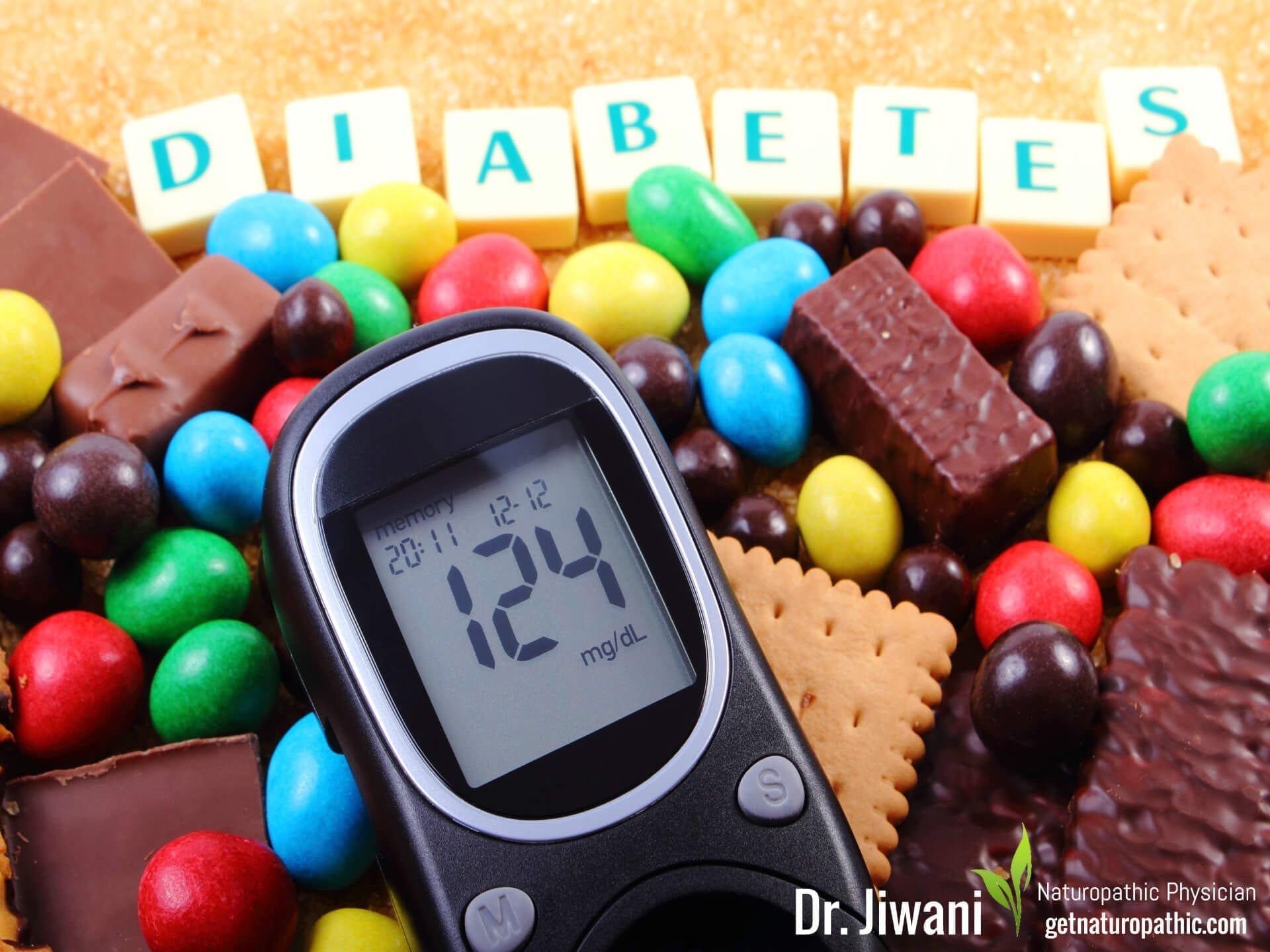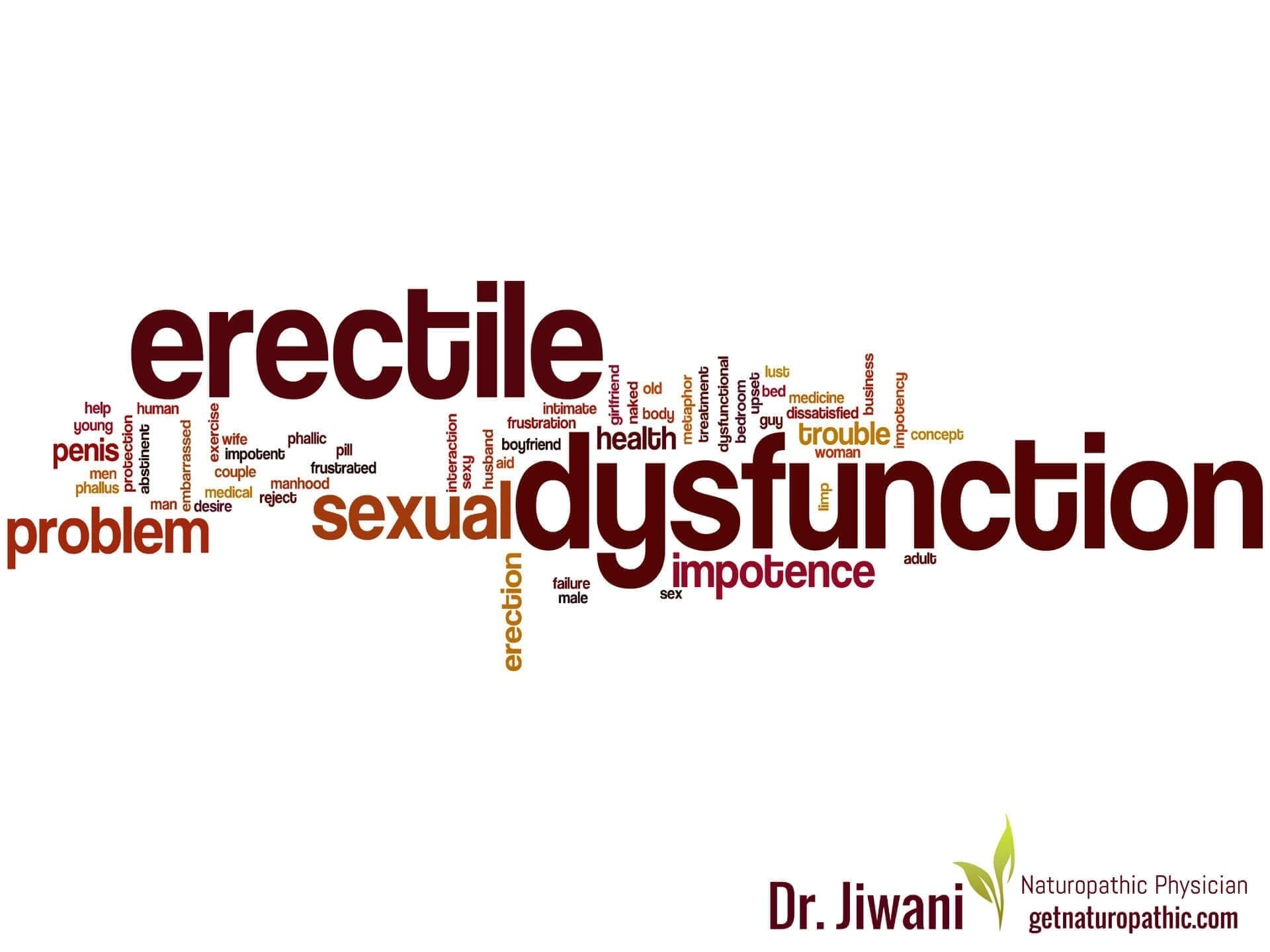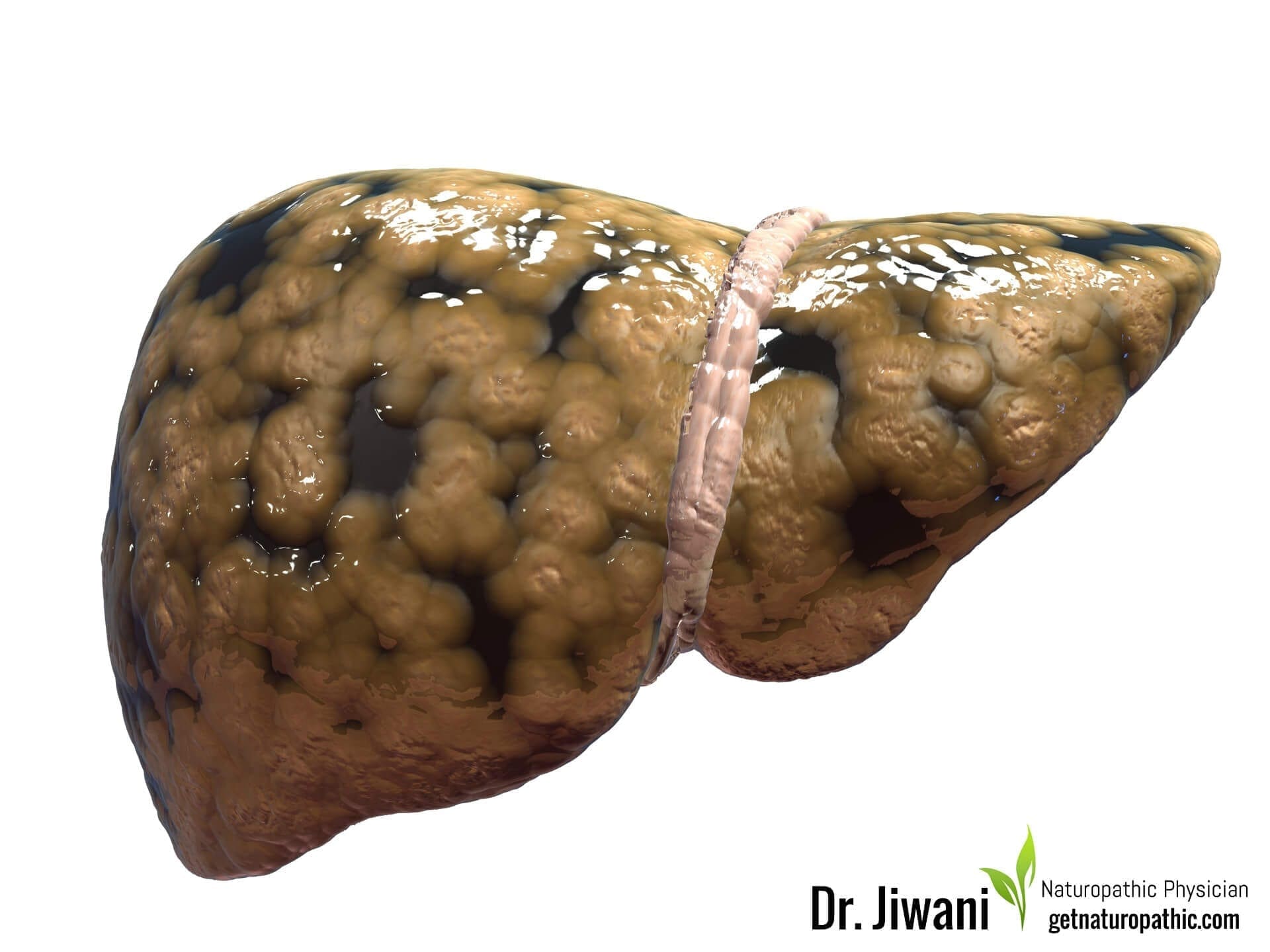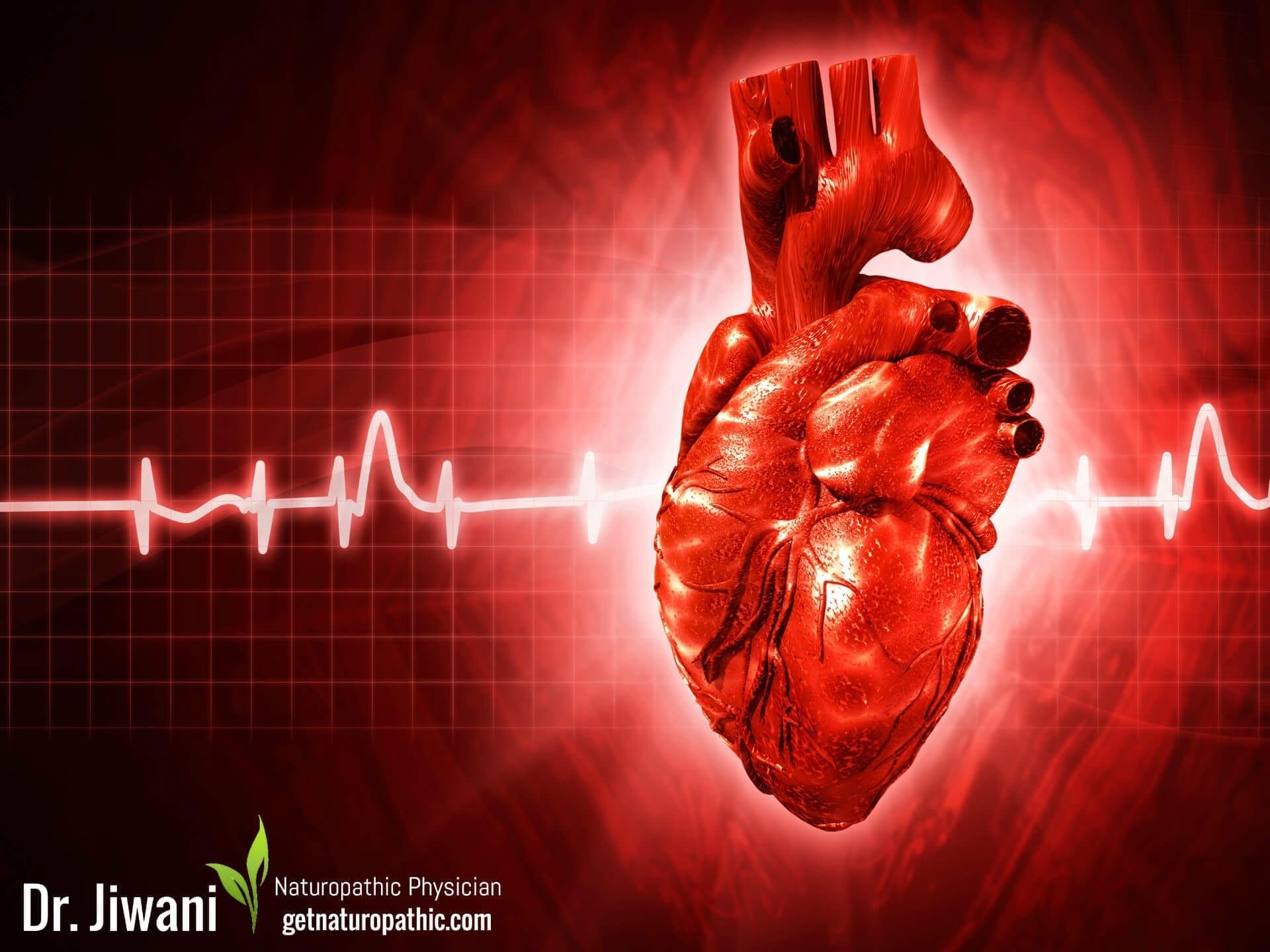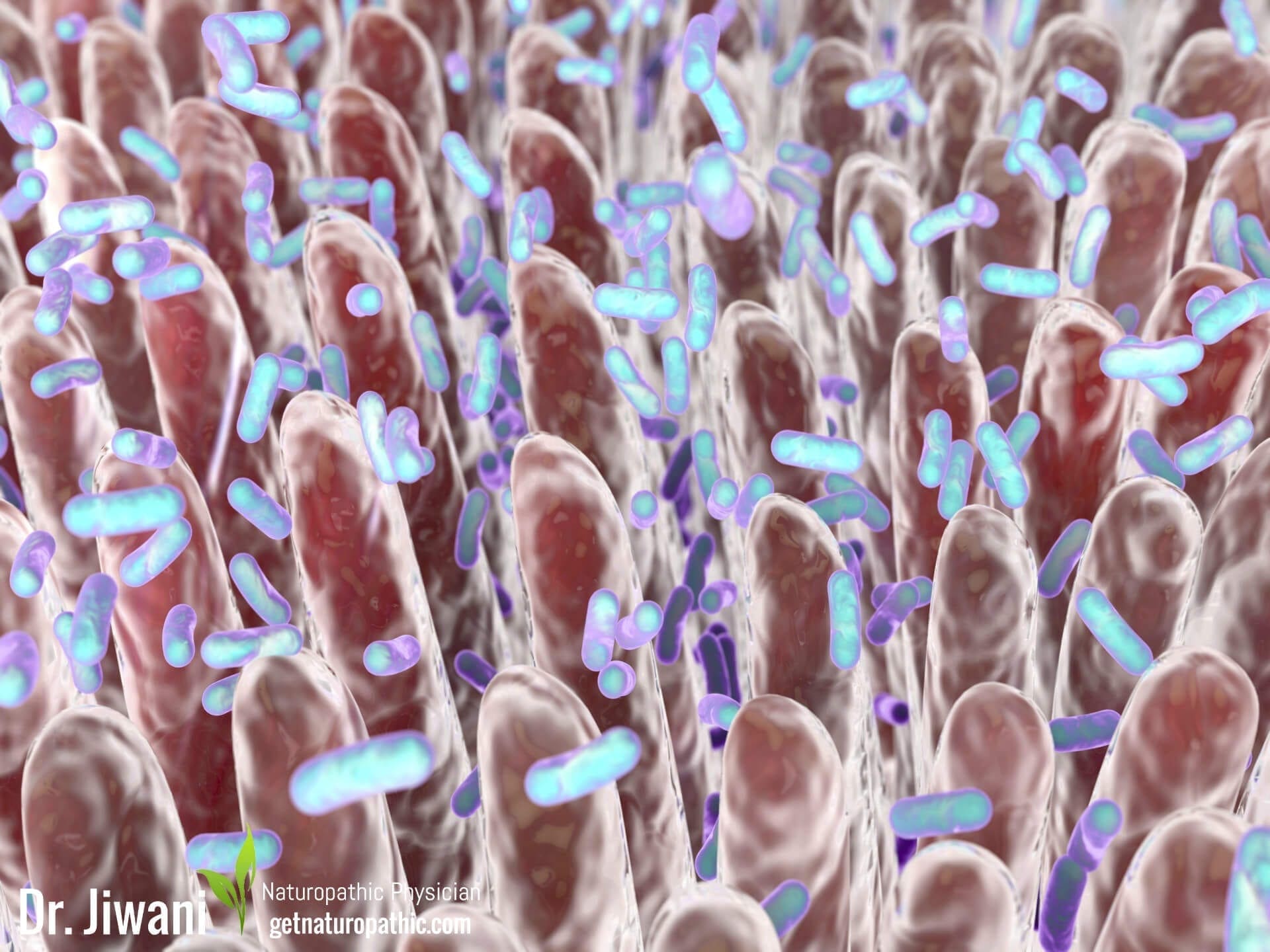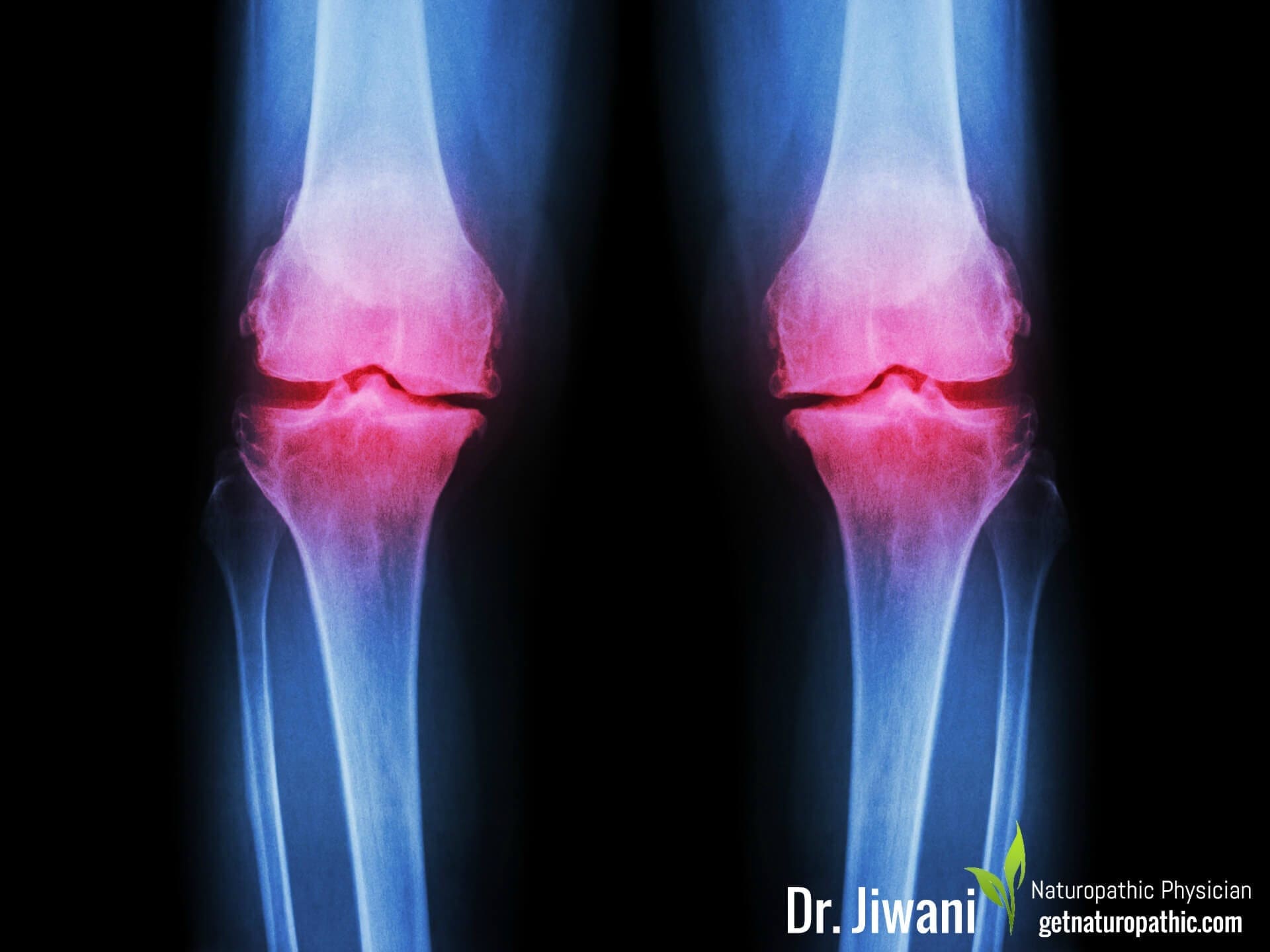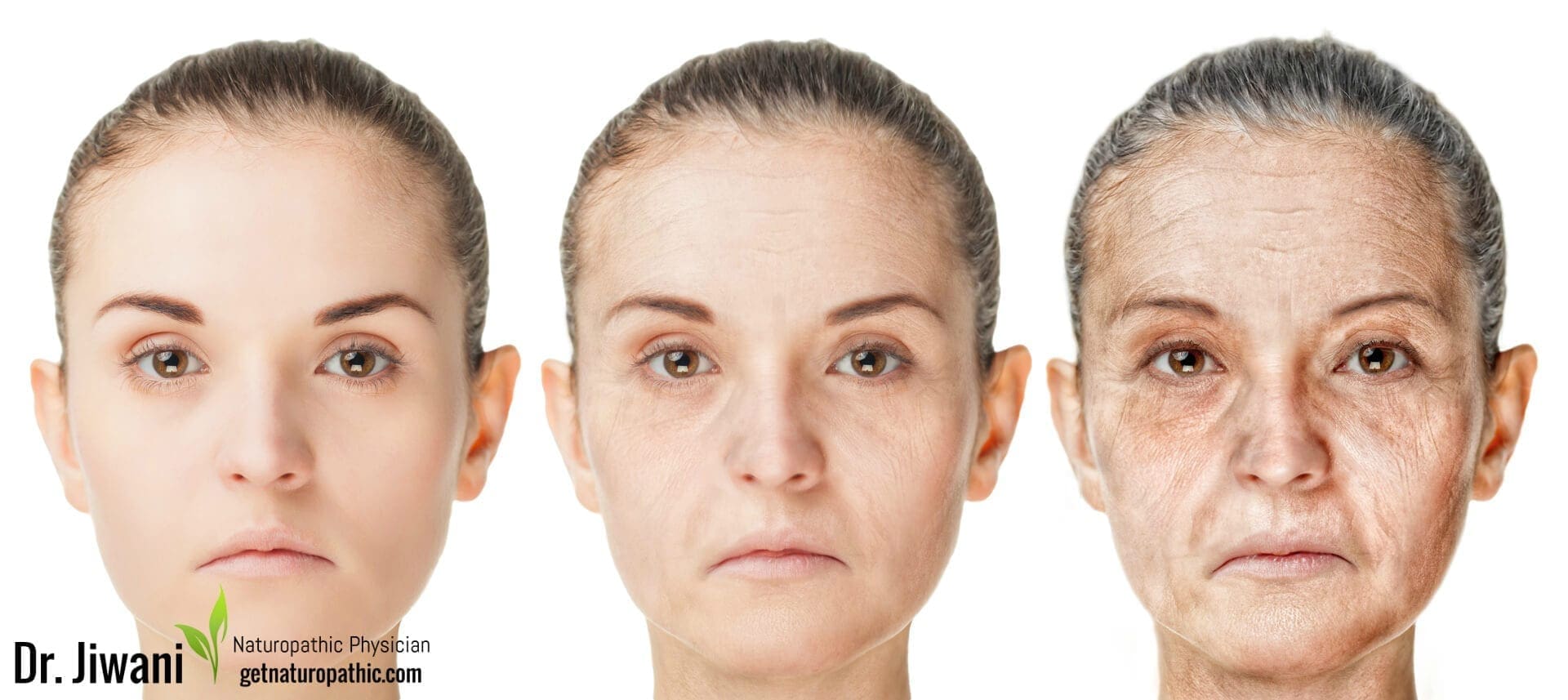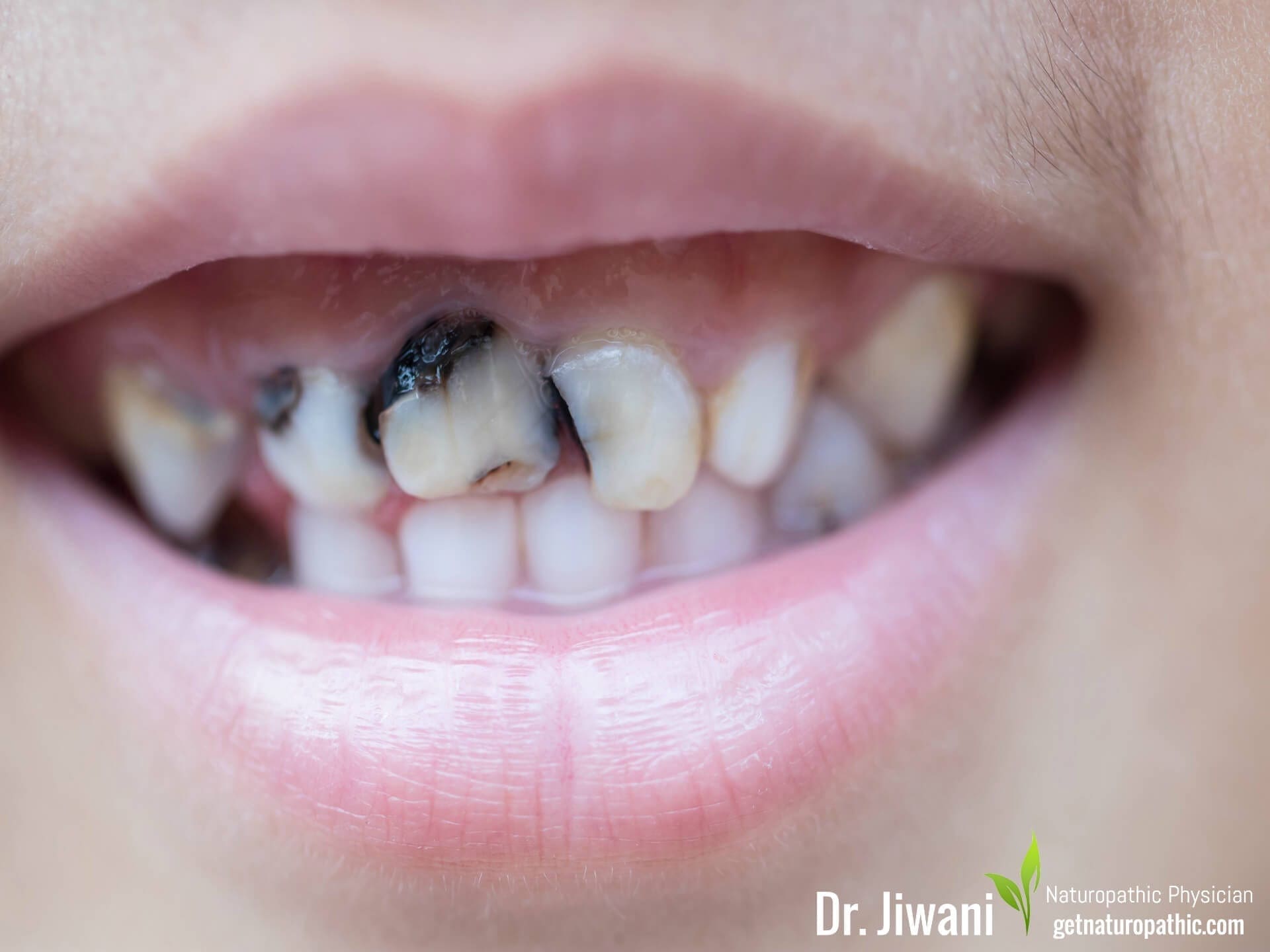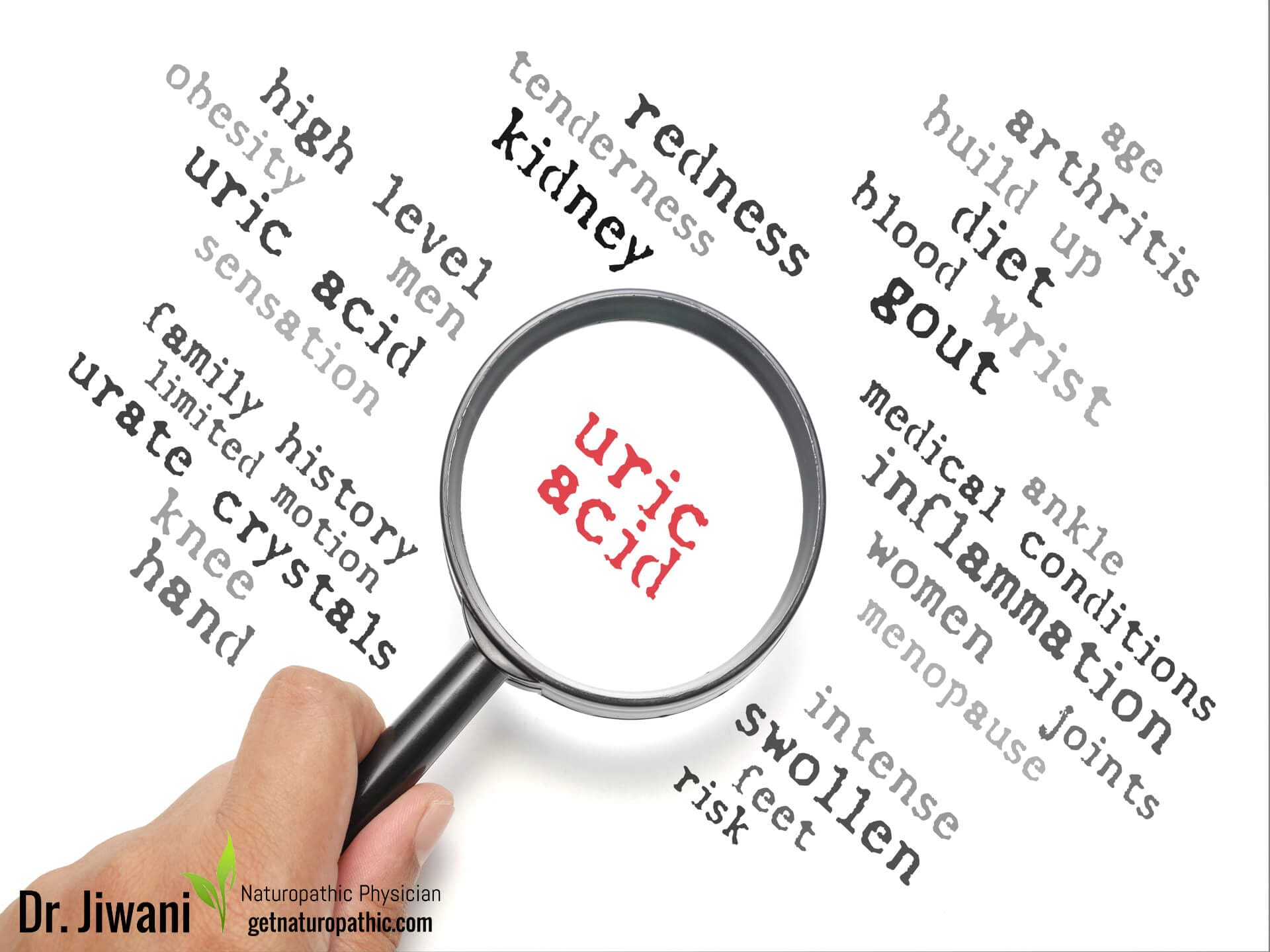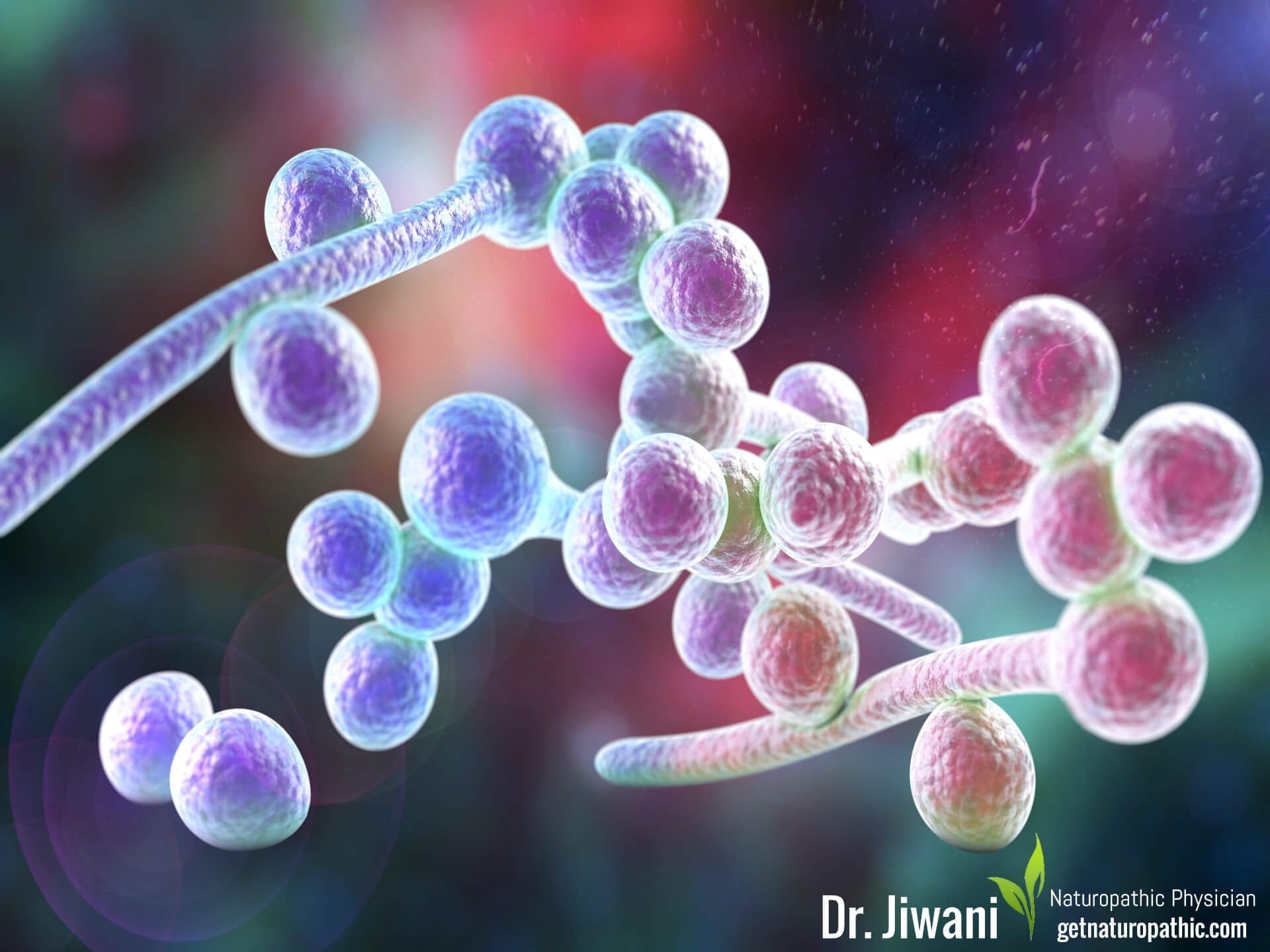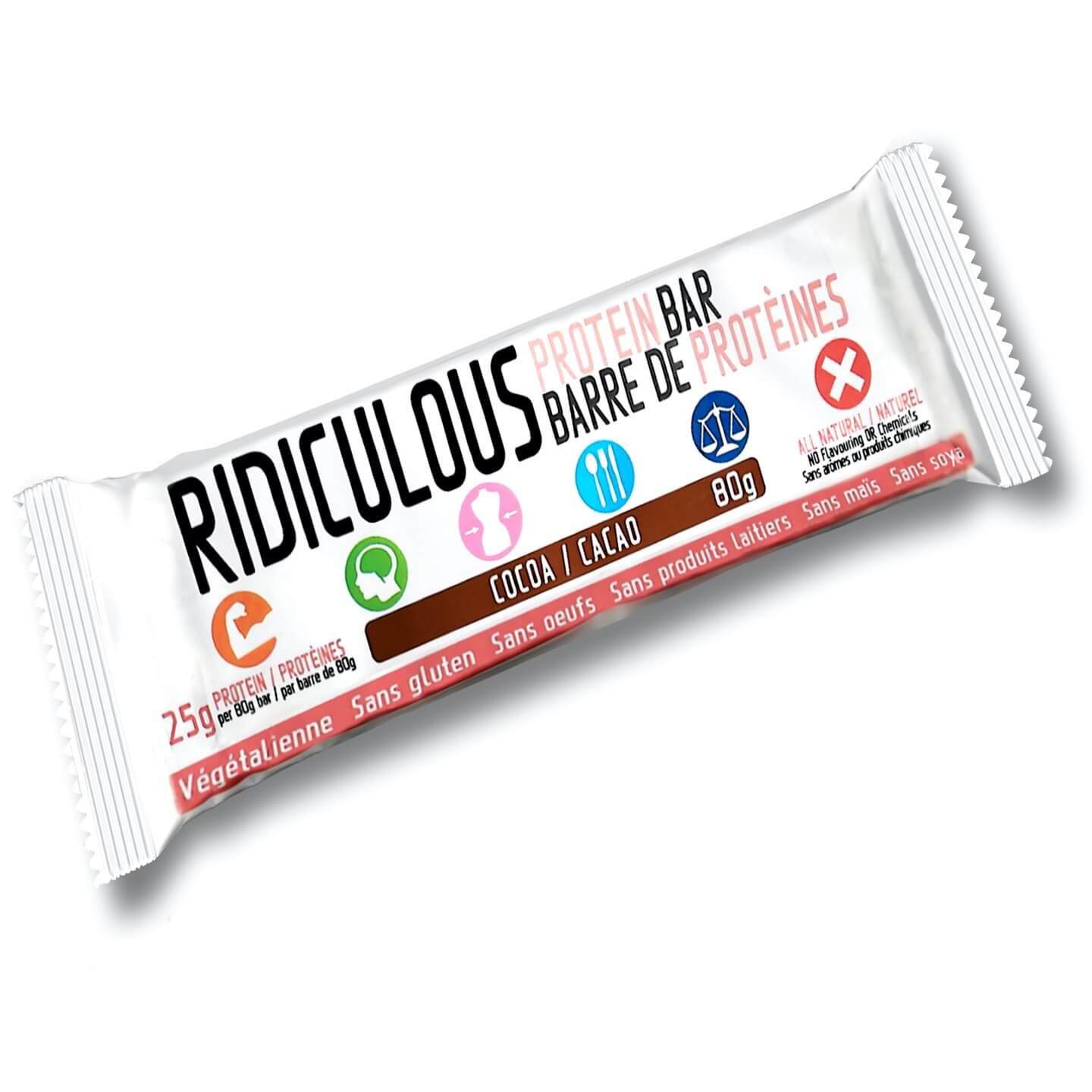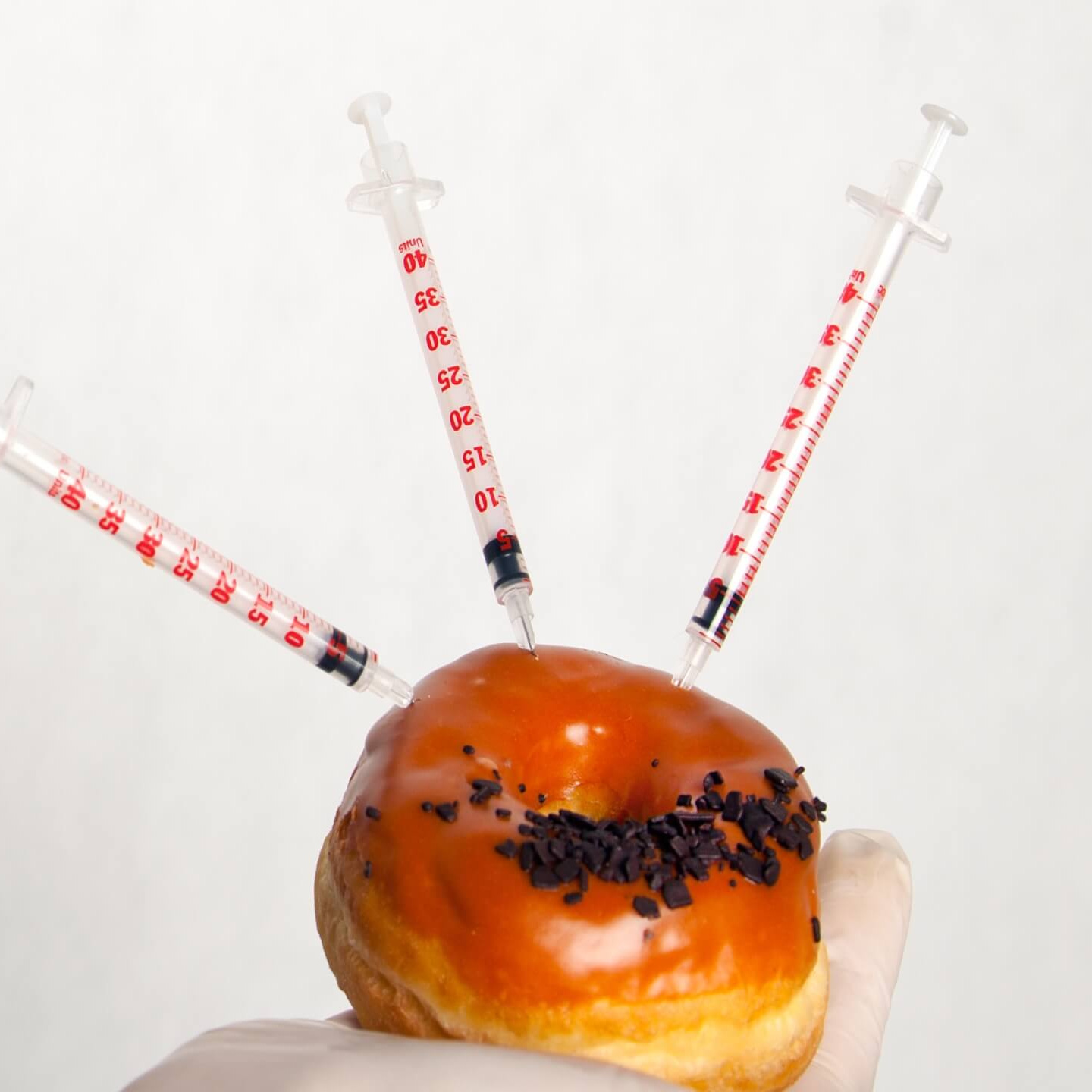Home »
Popular Posts
Sugar the Sweet Poison: The Alarming Ways Sugar Damages Your Body & Brain
The Seduction of Sugar
Sugar. It’s sweet and tantalizing taste has been enticing us for over a century. Our exposure to sugar started innocently enough, with a dabble of it in our diets, when everything was wholesome and homegrown. That was the 1900s, when we consumed about five pounds a year. A hundred years later, our sugar-laden society is consuming thirty times that amount per person, with 40% of that from a toxic, processed version, high fructose corn syrup (HFCS), that pervades our food supply.
Sugar Has Infiltrated Our Diet
Swimming in Sugar Syrup
A large part of sugar consumption is in soft drinks, with a movie sized soda containing 53 teaspoons of sugar (265 grams). The average North American consumes about 126 grams (2/3 cup) of sugar per day, which equates to the amount in 3 cans of soda pop.
Our Movie Culture Normalizes Excess Sugar Intakes
Sugar Undercover
Many processed foods contain added sugar even when savoury, as manufacturers enhance the flavour of low fat foods with sugar. This accounts for approximately 500 calories each day in our diets. Foods containing hidden sugars include tonic water, fruit juices, crackers, breads, peanut butter, salad dressings, ketchup, mayonnaise, pasta sauce, hot dogs, hamburgers , their buns as well as french fries.
You May Not Realize How Much Sugar You’re Eating
The Many Faces of Sugar
Another important note is that sugar exposure can occur in many forms, such as honey, table sugar, brown sugar, beet sugar, cane sugar, maple syrup, molasses, brown rice syrup, malt syrup, agave (80% fructose), dates & date sugar, yacon syrup & coconut sugar. Sugar is also masked with chemical terms including dextrose, icing sugar, fructose, invert sugar, lactose, maltose, nectars & sucrose.
Whether Natural Or Chemical, Sugar is Sugar
Limit Natural Sugars Too
Natural sugars include honey, maple syrup, brown rice syrup, agave (80% fructose), dates & date sugar, yacon syrup & coconut sugar. Although these are natural sugar substitutes, most of these still have the same amount of carbohydrates as refined sugar. Natural sugars are healthier in that they’re less processed, easier to digest and more nutritious compared to refined sugar.
Natural Sugars Are Healthier But Still Carbs
All Forms of Sugar Can Make You Fat
Although natural sugars are “healthier”, it is important to use them in moderation, as any carb in excess may lead to weight gain & the same health concerns as from refined sugar. It is important to consider total amount of carbohydrates, fructose levels (fat storage) as well as glycemic index (amount of blood sugar spike). If you have food allergies, please avoid any sweetener that you are allergic to. For more details about natural sugars, read The Bitter & Sweet of Sugar Substitutes.
Natural Sugars Also Contain Fattening Fructose
Sugar Damages Your Whole Body
Sugar’s damaging effects include all organ systems and predisposes us to many debilitating symptoms and potentially fatal conditions. This makes sugar one of the most dangerous substances know to man, second to artificial sweeteners.
All Forms of Sugar can Cause Serious Damage
Death by Juice
Your body was not meant to take in so much sugar, especially as fructose or High Fructose Corn Syrup (HFCS). Fruit juice is actually as bad as soda pop, due to the high amounts of fructose. The large and rapid intake of sugar from fruit juice is quickly absorbed without the fibre. This fruit sugar, fructose, can only be processed by the liver.
Both Soda & Juice Have Similar Amounts of Fructose
Fructose is Fattening & Deadly
Any excess fructose that the liver can’t metabolize is stored as abdominal & visceral fat (Stanhope et al., 2009). Additionally, excess fructose may also lead to Fatty Liver (Ouyang et al., 2008), Insulin Resistance, Abnormal Cholesterol (Basciano et al., 2005) and Metabolic Syndrome (Faeh 2005). The potentially dangerous effect of fructose can occur in as little as ten weeks (Stanhope et al., 2009).
Fructose Causes Belly Fat & Diabetes
Juice Or Junk: Two Sides Of The Same Coin
It is important to remember that your body cannot differentiate whether fructose comes from fruit or high fructose corn syrup (HFCS) such as soda, juice, breads, sweetened yogurt, canned fruit, candy, junk foods & salad dressings. HFCS is mostly used in food manufacturing due to its low cost. Research shows that whole fruit reduces risk of Diabetes Type II, whereas fruit juice increases risk dramatically (Muraki et al., 2013). However, be careful to eat even fruit in moderation as it still increases your blood sugar.
Your Body Can’t Tell Where the Sugar Comes From
How Sugar Damages Your Body & Brain from A to Z:
Addiction
Sugar can be like Cocaine, stimulating a massive release of brain chemicals, such as dopamine, giving you a high. Studies show that Sugar releases opioids and dopamine like abusive drugs, with addictive potential as you try to chase the initial high (Avena, Rada, & Hoebel, 2008). Complete avoidance is required for this sugar addiction to be overcome.
Alzheimer’s Disease (Type 3 Diabetes)
Excess sugar over time creates a brain diabetes (Type 3). This is when the brain cannot metabolize sugar anymore, creating an insulin resistance in the brain. The scary part is that it does not always show up as Diabetes type 2 (de la Monte & Wands, 2008). Further, sugar causes inflammation that also plays a role in Alzheimer’s & Diabetes Type 2. Alzheimer’s Disease can occur alone or with Diabetes, Obesity & Non-Alcoholic Fatty Liver Disease (de la Monte & Tong, 2014)(Iadecola 2015).
Appetite, Insatiable Hunger
Sugar creates leptin resistance, which means your “full hormone” doesn’t work to tell your body to stop eating. This is seen with a high fructose diet, Diabetes Type 2 & weight gain, all of which cause the your body to ignore the leptin hormone.
Autoimmune Disease
The pathway of damage of Autoimmune Disease is inflammation. Sugar causes inflammation, which results in the destruction of various body tissues, abnormal growth of the organ and/or changes to its function. Like Food Allergies, Sugar is one of the detrimental causes for the symptoms of Autoimmune Diseases, depending on where the inflammatory damage occurs, and in which tissues. General symptoms reflect the immune response, and may be temporary or long term.
Blood Sugar Rollercoaster
When you eat sugar, it spikes your blood sugar giving you a high and energy rush, even causing hyperglycemia. This triggers a spike in your insulin hormone which sends the sugar to your cells for energy. This tends to crash your blood sugar, leaving drained, exhausted and even hypoglycaemic.
Brain Fog
Chronic sugar consumption causes blood sugar imbalances, and the rollercoaster of your blood sugar perpetuates Candida yeast infection that can cause brain fog. Sugar also causes inflammation which damages nerve & brain cell function, causing brain fog and poor memory.
Cancer
Sugar, especially fructose (HFCS) promotes the growth & spread of cancer cells, causing a more aggressive cancer type (Port, Ruth, & Istfan, 2012). In fact, increased sugar & carb consumption affects cancer survival (Liu et al., 2010).
Cellular Damage (Aging)
Sugar has been shown to promote cellular aging by shortening telomeres, which are protective caps on your DNA (Leung et al., 2014). This is called glycation. Sugar speeds up the aging process, stiffening cellular proteins, triggering vast amounts of inflammation (Sztanke & Pasternak, 2003). Examples of cellular damage (aging) is seen in eye cataracts, clogging of the arteries, kidney failure, nerve damage and osteoarthritis (Vlassara & Palace, 2003). Diabetics age faster than healthy individuals because of the accelerated cellular aging due to their high blood sugar (Lorenzi, Montisano, & Barrieux, 1986).
Cholesterol, More Bad, Less Good
Even those who do not have high cholesterol or diabetes, sugar dramatically increases bad (LDL) cholesterol, & triglycerides (fat in the blood), while decreases good (HDL) cholesterol. This is due to sugar’s affect on liver function.
Depression
The higher the sugar intake, the higher the prevalence of depression. Sugar causes depression due to its effect on inflammation, hypoglycaemia, lowering your brain’s feel-good dopamine levels, obesity and lowering your brain’s growth factor (Knüppel et al. 2017).
Diabetes
Sugar, especially fructose, has a major impact on Insulin Resistance, Obesity & Diabetes Type 2, as well as visceral fat & Fatty Liver (MacDonald 2016). High blood sugar levels cause nerve damage resulting in pain, tingling, numbness or burning in hands & feet diagnosed as Peripheral Neuropathy common in diabetics (Yagihashi, Mizukami, & Sugimoto, 2011).
Erectile Dysfunction
Sugar causes a rollercoaster blood sugar that can contribute to difficulty getting or maintaining erections. Sugar is a major cause of Erectile Dysfunction in diabetic men. Diabetes induces cellular damage from sugar which creates less flexibility of blood vessels in the penis (Johns Hopkins 2005).
Fatigue, Tiredness
Fatigue or feeling tired all the time can signify the constant rollercoaster of your blood sugar. This can leave you hungry & lethargic from nutrient deficiencies and craving more sugar to perpetuate the vicious cycle.
Fatty Liver
Excessive fructose (sugar) does the same thing as excessive alcohol, as they both turn into fat stored around the organs (visceral fat). Any excess fructose that the liver can’t metabolize is stored as abdominal & visceral fat (Stanhope et al., 2009).
Visceral fat or belly fat is the most dangerous type of fat, as it surrounds the organs, including liver, intestines & pancreas. Compared to subcutaneous fat (fat under the skin), visceral fat is actively involved in your body’s metabolism, releasing many hormones.
Excess fructose may also lead to Fatty Liver, Non-Alcoholic Fatty Liver Disease (NAFLD), (Ouyang et al., 2008), Insulin Resistance, Abnormal Cholesterol (Basciano et al., 2005) and Metabolic Syndrome (Faeh 2005). The potentially dangerous effect of fructose can occur in as little as ten weeks (Stanhope et al., 2009).
Fatty Liver is an example of when visceral fat can become more functionally dangerous as it can interfere with general health & function of the liver. Measurements of visceral fat are actually the best gauge of health. Obesity & excessive visceral fat are linked with higher risk for diseases such as cancer, diabetes type II, heart disease & stroke.
Heart Disease
Excess sugar (Carbs) dramatically increases your risk of death from Cardiovascular Disease (Yang et al., 2014). High sugar levels damage arteries through cellular damage called glycation which stiffens arteries leading to the brain, kidneys, eyes & heart. This can lead to kidney disease, high blood pressure, diabetic retinopathy (eye damage) and stroke.
Conventional nutrition has espoused the benefits of low fat diets for heart health & prevention. For over twenty years, I have challenged this, educating patients on the benefits of high fat, low carb diets to achieve optimal health & weight.
A major global study published in the Lancet was just released. Dehghan et al. 2017 has finally revealed supporting evidence to validate my naturopathic nutritional advice, that high carb, low fat diets (increased sugar) deteriorate health, cause fat gain and can result in premature death. Heart attacks & stroke account for 65% of deaths in those with Diabetes Type 2.
Leaky Gut Syndrome
Sugar feeds the yeast (Candida), bad bacteria & parasites that can overpower your good bacteria. The war within your gut determines your health, as declining levels of “good” bacteria allow overgrowth of harmful bacteria (C.difficile, Salmonella, E.coli), yeast (Candidiasis) & parasites. This causes an unhealthy bowel environment (Dysbiosis). The toxins produced from dysbiosis triggers inflammation, which leads to changes in intestinal permeability (Leaky Gut Syndrome), Fatty Liver & Autoimmune diseases per Brown 2012 (Frazier, DiBaise, & McClain, 2011).
Metabolic Syndrome
Excess sugar consumption leads to Cardiovascular Disease & Diabetes Type 2. This occurs from the overburdening your liver’s metabolism with excess fructose leading to Metabolic Syndrome, a series of conditions including Obesity, Fatty Liver, High Cholesterol, Insulin Resistance, High Blood Pressure and Increased Uric acid levels (Stanhope 2016).
Osteoarthritis
Sugar speeds up the aging process, stiffening cellular proteins, triggering vast amounts of inflammation (Sztanke & Pasternak, 2003). An example of cellular damage (aging) is seen in Osteoarthritis (Vlassara & Palace, 2003). This is further aggravated by the weight gain caused by sugar.
Skin Aging
Sugar has been shown to promote cellular aging by shortening telomeres, which are protective caps on your DNA (Leung et al., 2014). Sugar speeds up the aging process, stiffening cellular proteins, including skin proteins collagen & elastin.(Sztanke & Pasternak, 2003). This translates to premature aging, wrinkles & saggy skin.
Stress (Adrenal Fatigue)
Sugar creates a rollercoaster of blood sugar, stressing out your adrenal glands to release cortisol to normalize your blood sugar. In combination with other stresses, excess sugar can aggravate adrenal fatigue.
Tooth Decay & Cavities
Sugars feed mouth bacteria, which affect dental plaque and the pH of your saliva. The acidic environment destroys tooth enamel leading to cavities (Touger-Decker & van Loveren, 2003).
Uric Acid Buildup
Sugar, especially fructose metabolism creates uric acid as a byproduct. In fact, JAMA 2010 found that fructose-rich diets increase the risk of gout (high uric acid levels). Fructose not only increases uric acid levels, it also reduces excretion. This makes the measurement of uric acid levels a key marker in detecting fructose toxicity, which is connected to Metabolic Syndrome. High uric acid levels indicate higher risk for heart & kidney disease. Blood tests showing high uric acid levels indicate excess fructose in the diet, whether from fruit, juice, processed or junk food. Determining whether fructose toxicity is a concern may assist you in achieving a healthier program for life.
Weight & Fat Gain (Obesity)
Increased sugar intake is asociated with weight gain & obesity (Malik, Schulze, & Hu, 2006). Chronically high blood sugar levels create insulin resistance, wherein insulin ignores the sugar in the blood, leading to tiredness as less sugar goes to the cells for energy, fat gain as the high sugar in the blood goes to clog arteries, increase cholesterol and is stored as visceral fat. The more fat you gain, the more resistant your cells become to insulin, creating a vicious cycle leading to Diabetes Type 2. Excess blood sugar also creates fat storage around the organs, namely Fatty Liver which can lead to liver failure.
Yeast Infection Systemic (Candida)
Your nutrition, your immunity, your lack of toxicity and your overall health depends upon the health of your gastrointestinal tract. The key to optimal gut health is to increase the amount of the “good guys” (probiotics) in the bowel and to discourage the “bad guys” (Yeast, Fungus, Viruses, Bad Bacteria & Parasites). When you partake in Sugar, it feeds the “bad guys” allowing them to take over, wreak havoc in the body, and ravage your tissues with the harmful toxins they release. This unfavourable environment in the gut is called Intestinal Dysbiosis. Sugar promotes the “bad guys”, feeding their growth and promotes an unhealthy gastrointestinal tract. Taking Sugar facilitates a detrimental biochemical shift from eubiosis (a healthy environment) to intestinal dysbiosis (a diseased environment) through promotion of the pathogenic fungal, viral and bacterial culprits.
Zero Benefit
No amount of sugar is acceptable for optimal health. For treats that will support your health goals, see Dr. Jiwani’s Naturopathic Recipes: Paleo, Keto, Vegan, Low Carb, Dairy-Free, Gluten-Free, Egg-Free, Corn-Free, Soy-Free, Sugar-Free. Please see a licensed Naturopathic Physician before starting any major health regimes for expert guidance.
References
Avena NM, Rada P, Hoebel BG. Evidence for sugar addiction: behavioral and neurochemical effects of intermittent, excessive sugar intake. Neuroscience & Biobehavioral Reviews. 2008 Jan 1;32(1):20-39.
Basciano H, Federico L, Adeli K. Fructose, insulin resistance, and metabolic dyslipidemia. Nutrition & Metabolism. 2005 Feb 21;2(1):5.
Brown K, DeCoffe D, Molcan E, Gibson DL. Diet-induced dysbiosis of the intestinal microbiota and the effects on immunity and disease. Nutrients. 2012 Aug 21;4(8):1095-119.
Choi HK, Willett W, Curhan G. Fructose-rich beverages and risk of gout in women. JAMA. 2010 Nov 24;304(20):2270-8.
de la Monte SM, Tong M. Brain metabolic dysfunction at the core of Alzheimer’s disease. Biochemical Pharmacology. 2014 Apr 15;88(4):548-59.
de la Monte SM, Wands JR. Alzheimer’s disease is type 3 diabetes—evidence reviewed. Journal of Diabetes Science and Technology. 2008 Nov;2(6):1101-13.
Dehghan M et al. Associations of fats and carbohydrate intake with cardiovascular disease and mortality in 18 countries from five continents (PURE): a prospective cohort study. The Lancet 2017; 0:0.
Faeh D, Minehira K, Schwarz JM, Periasamy R, Park S, Tappy L. Effect of fructose overfeeding and fish oil administration on hepatic de novo lipogenesis and insulin sensitivity in healthy men. Diabetes. 2005 Jul 1;54(7):1907-13.
Frazier TH, DiBaise JK, McClain CJ. Gut microbiota, intestinal permeability, obesity-induced inflammation, and liver injury. Journal of Parenteral and Enteral Nutrition. 2011 Sep;35(5_suppl):14S-20S.
Iadecola C. Sugar and Alzheimer’s disease: a bittersweet truth. Nature Neuroscience. 2015 Apr;18(4):477.
Johns Hopkins Medical Institutions. “Cause Of Diabetes-related Erectile Dysfunction Is Clarified By Johns Hopkins Researchers.” ScienceDaily. ScienceDaily, 11 August 2005. <www.sciencedaily.com/releases/2005/08/050811092706.htm>.
Knüppel A, Shipley MJ, Llewellyn CH, Brunner EJ. Sugar intake from sweet food and beverages, common mental disorder and depression: prospective findings from the Whitehall II study. Scientific Reports. 2017 Jul 27;7(1):6287.
Kuki S, Imanishi T, Kobayashi K, Matsuo Y, Obana M, Akasaka T. Hyperglycemia accelerated endothelial progenitor cell senescence via the activation of p38 mitogen-activated protein kinase. Circulation Journal. 2006;70(8):1076-81.
Liu H, Huang D, McArthur DL, Boros LG, Nissen N, Heaney AP. Fructose induces transketolase flux to promote pancreatic cancer growth. Cancer Research. 2010 Aug 1;70(15):6368-76.
Lorenzi M, Montisano DF, Toledo S, Barrieux A. High glucose induces DNA damage in cultured human endothelial cells. The Journal of Clinical Investigation. 1986 Jan 1;77(1):322-5.
MacDonald IA. A review of recent evidence relating to sugars, insulin resistance and diabetes. European Journal Of Nutrition. 2016 Nov 1;55(2):17-23.
Malik VS, Schulze MB, Hu FB. Intake of sugar-sweetened beverages and weight gain: a systematic review–. The American Journal of Clinical Nutrition. 2006 Aug 1;84(2):274-88.
Muraki I, Imamura F, Manson JE, Hu FB, Willett WC, van Dam RM, Sun Q. Fruit consumption and risk of type 2 diabetes: results from three prospective longitudinal cohort studies. BMJ. 2013 Aug 29;347:f5001.
Ouyang X, Cirillo P, Sautin Y, McCall S, Bruchette JL, Diehl AM, Johnson RJ, Abdelmalek MF. Fructose consumption as a risk factor for non-alcoholic fatty liver disease. Journal of Hepatology. 2008 Jun 30;48(6):993-9.
Port AM, Ruth MR, Istfan NW. Fructose consumption and cancer: is there a connection?. Current Opinion in Endocrinology, Diabetes and Obesity. 2012 Oct 1;19(5):367-74.
Stanhope KL. Sugar consumption, metabolic disease and obesity: The state of the controversy. Critical Reviews in Clinical Laboratory Sciences. 2016 Jan 2;53(1):52-67.
Stanhope KL, Schwarz JM, Keim NL, Griffen SC, Bremer AA, Graham JL, Hatcher B, Cox CL, Dyachenko A, Zhang W, McGahan JP. Consuming fructose-sweetened, not glucose-sweetened, beverages increases visceral adiposity and lipids and decreases insulin sensitivity in overweight/obese humans. The Journal of Clinical Investigation. 2009 May 1;119(5):1322-34.
Sztanke K, Pasternak K. The Maillard reaction and its consequences for a living body. InAnnales Universitatis Mariae Curie-Sklodowska. Sectio D: Medicina 2003 (Vol. 58, No. 2, pp. 159-162).
Touger-Decker R, Van Loveren C. Sugars and dental caries. The American Journal of Clinical Nutrition. 2003 Oct 1;78(4):881S-92S.
Vlassara H, Palace MR. Glycoxidation: the menace of diabetes and aging. The Mount Sinai Journal of Medicine, New York. 2003 Sep;70(4):232-41.
Yagihashi S, Mizukami H, Sugimoto K. Mechanism of diabetic neuropathy: where are we now and where to go?. Journal of Diabetes Investigation. 2011 Feb 1;2(1):18-32.
Yang Q, Zhang Z, Gregg EW, Flanders WD, Merritt R, Hu FB. Added sugar intake and cardiovascular diseases mortality among US adults. JAMA Internal Medicine. 2014 Apr 1;174(4):516-24.
This information is for educational purposes only and does not advocate self-diagnosis. Due to individual variability, consultation with a licensed health professional, such as a licensed naturopathic physician is highly recommended, prior to starting a natural treatment plan. For further information, see Terms of our Website.
Follow Dr. Jiwani
Popular Posts


